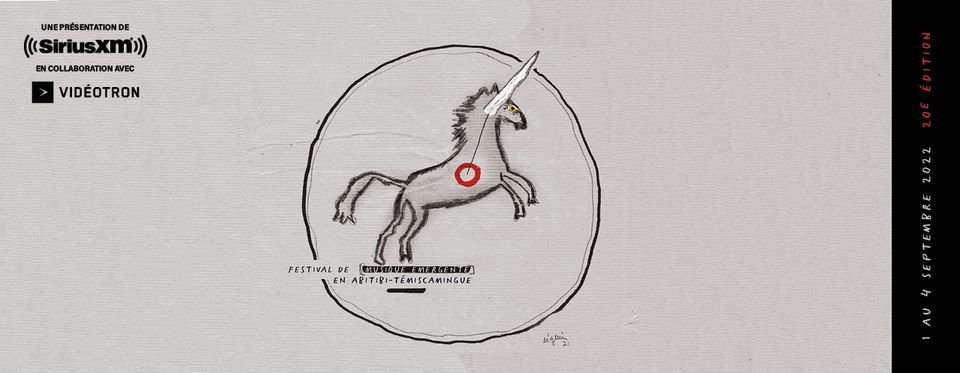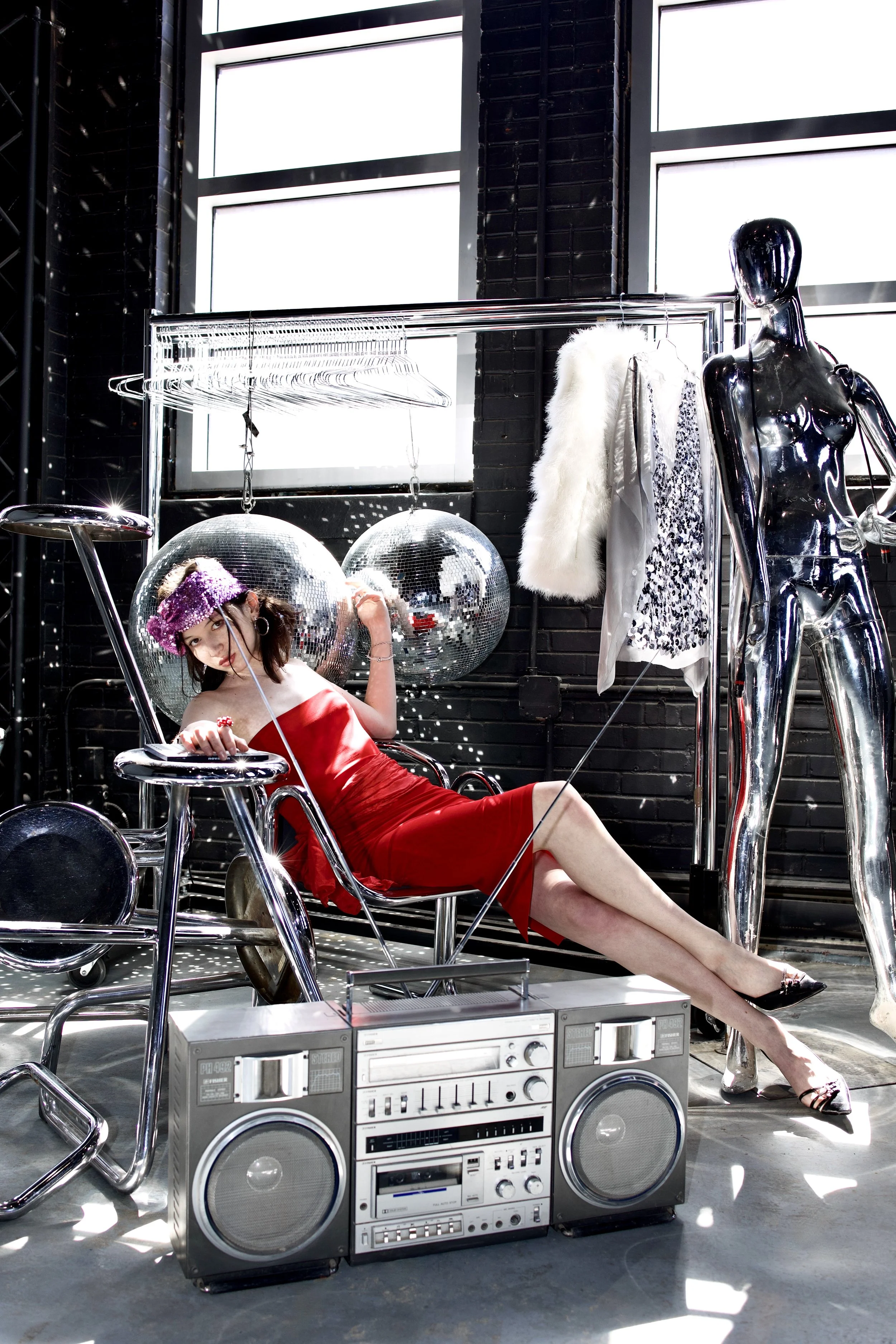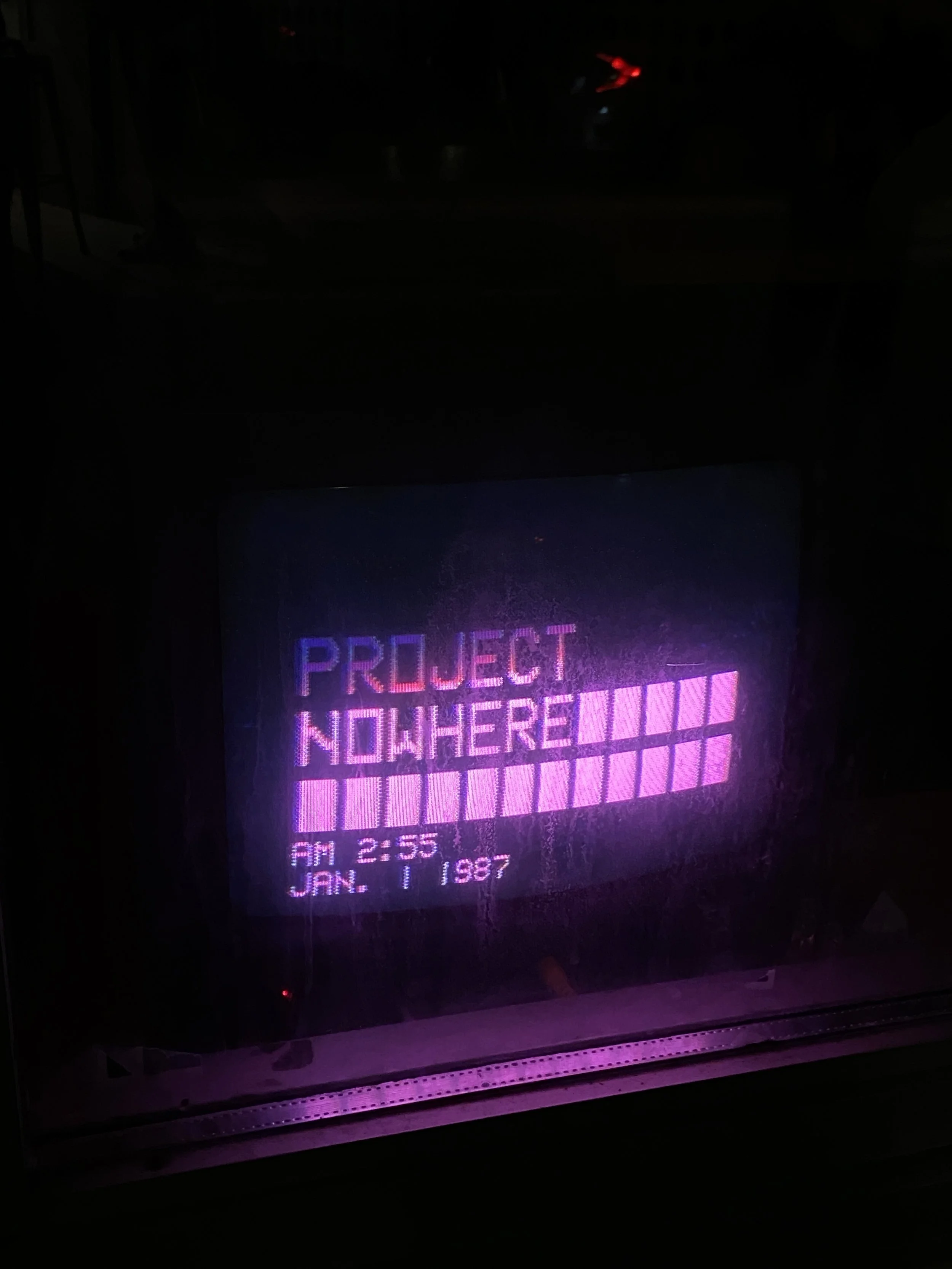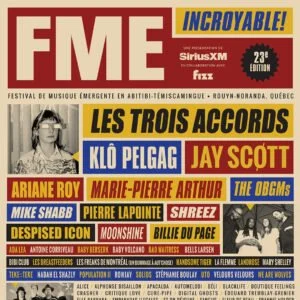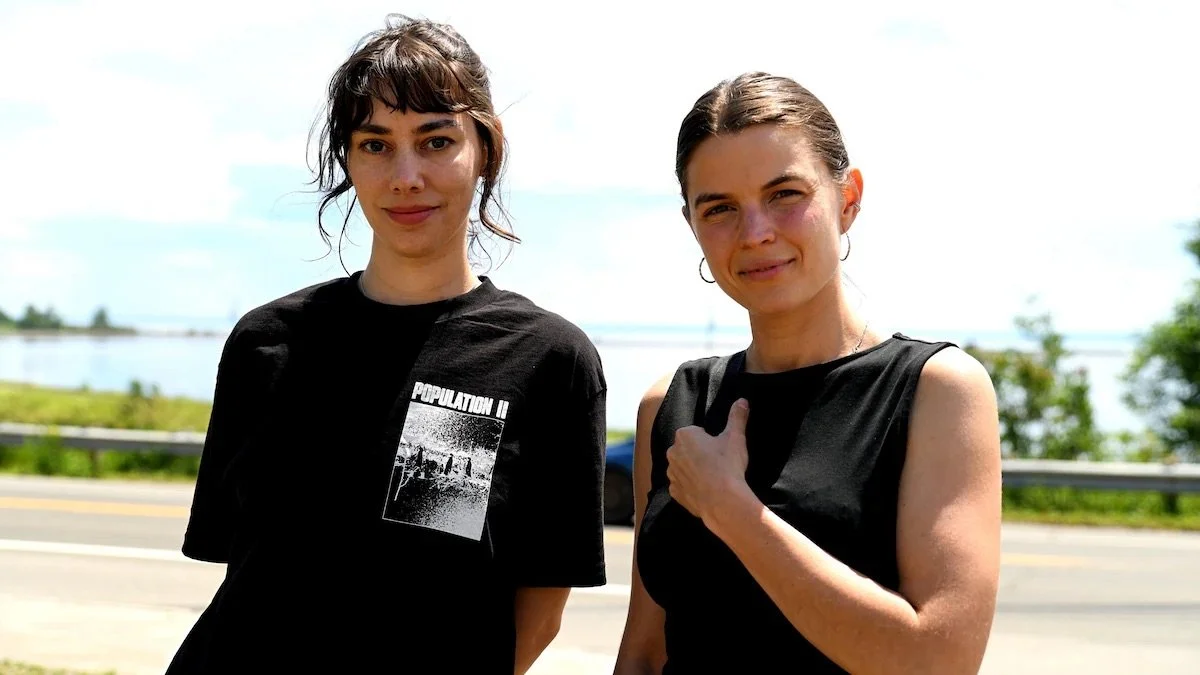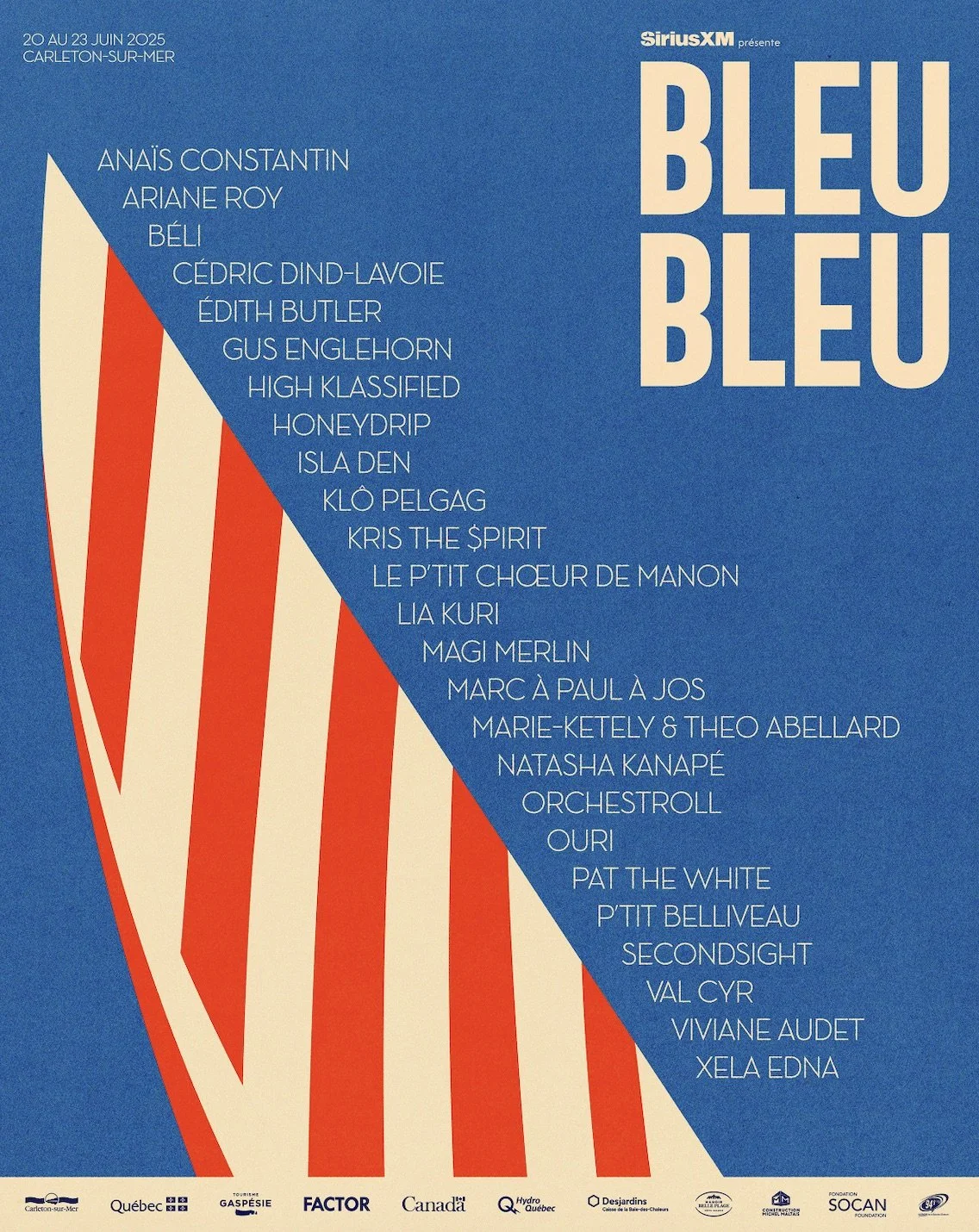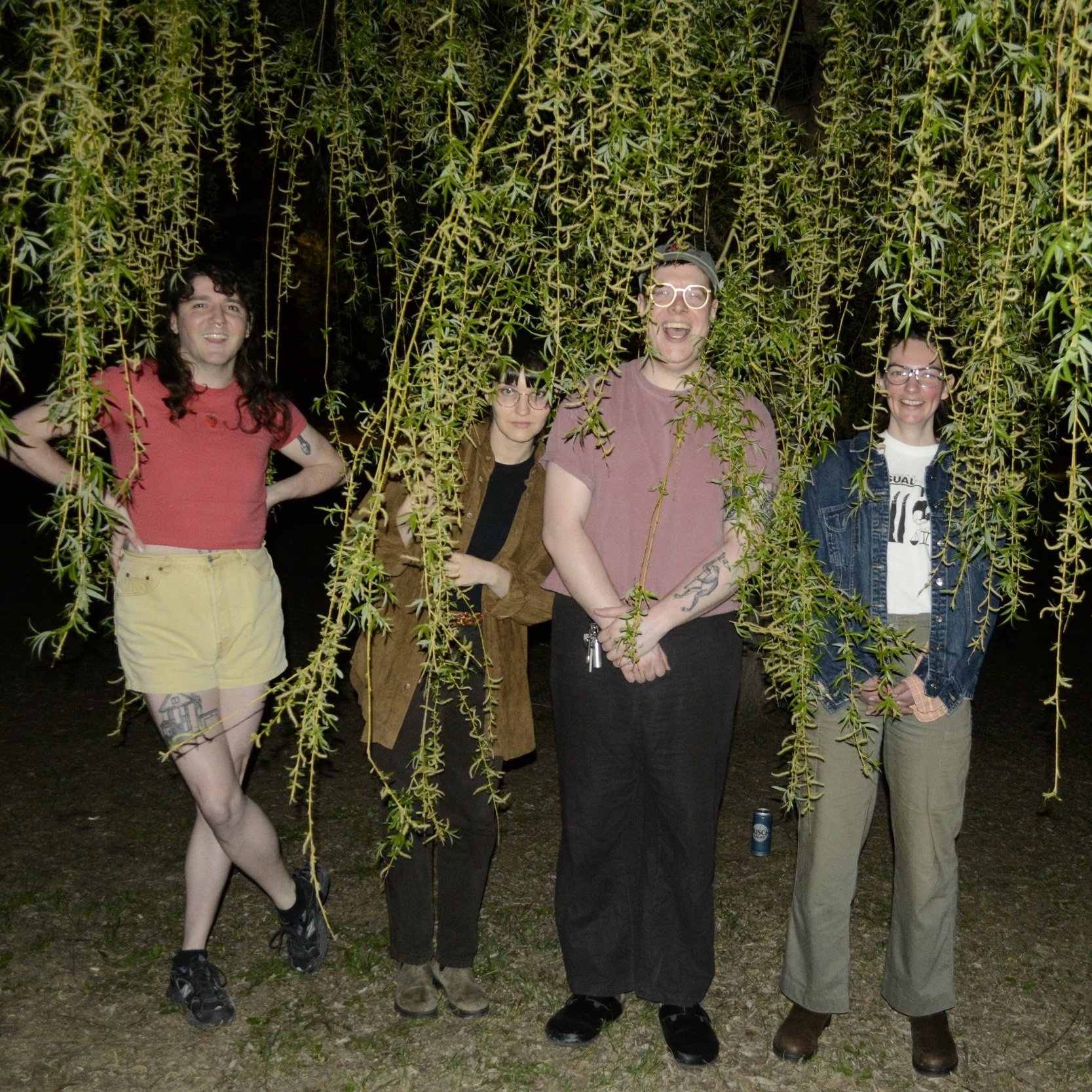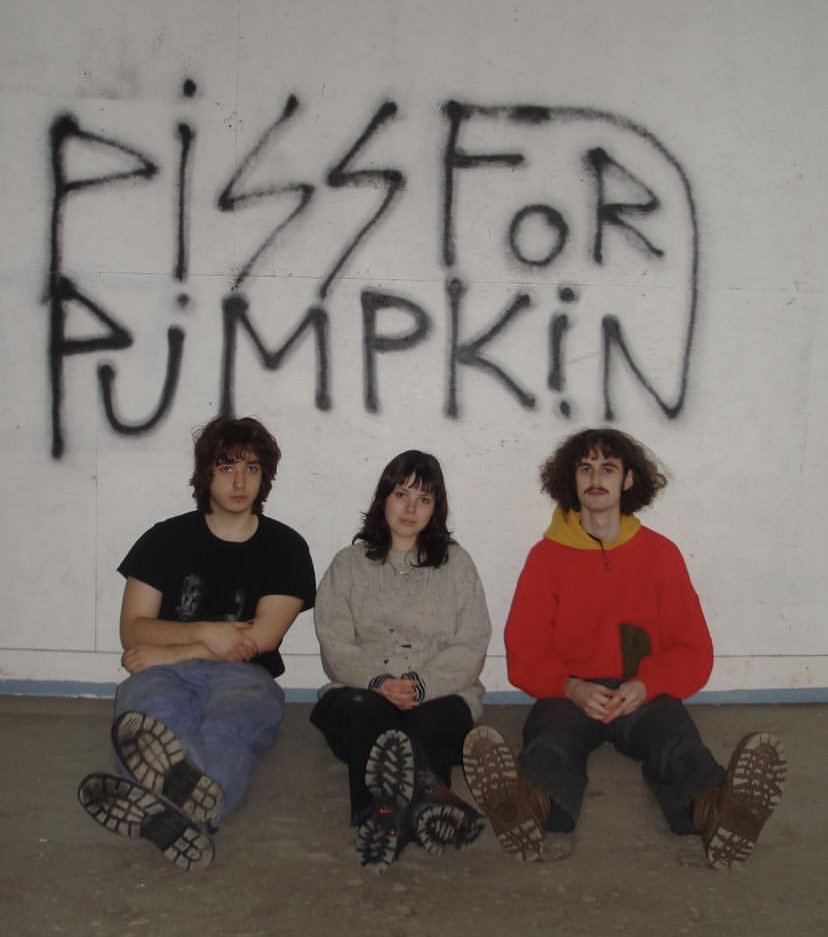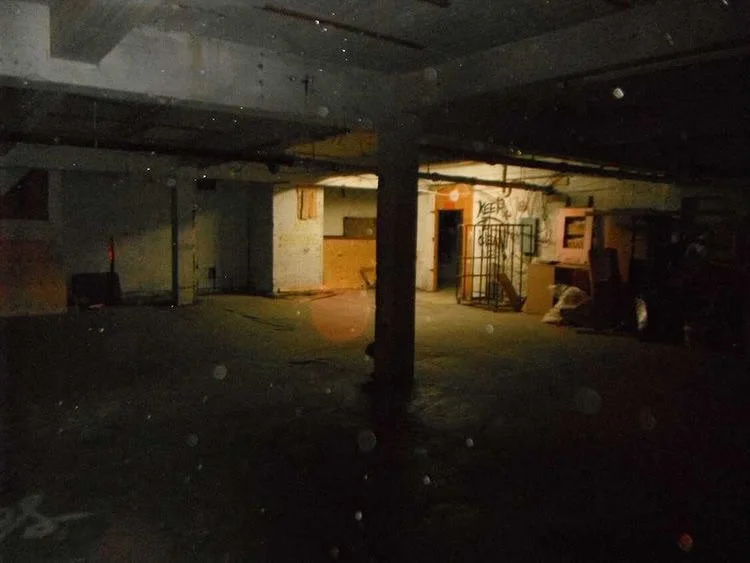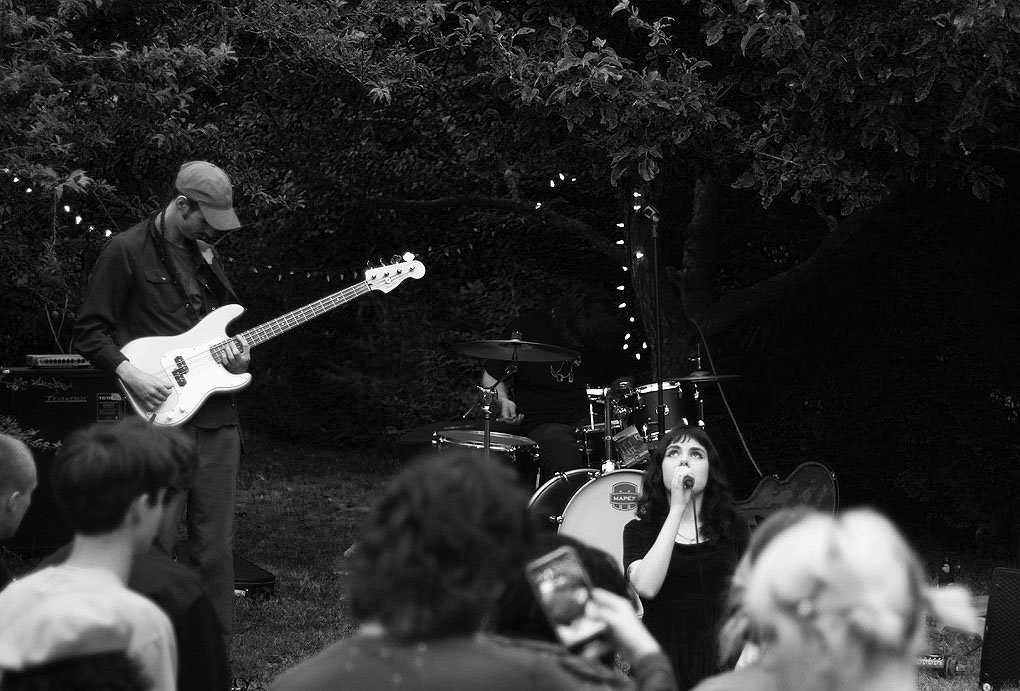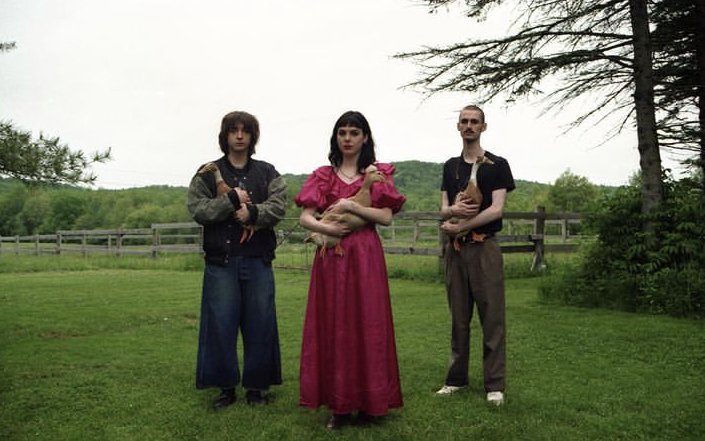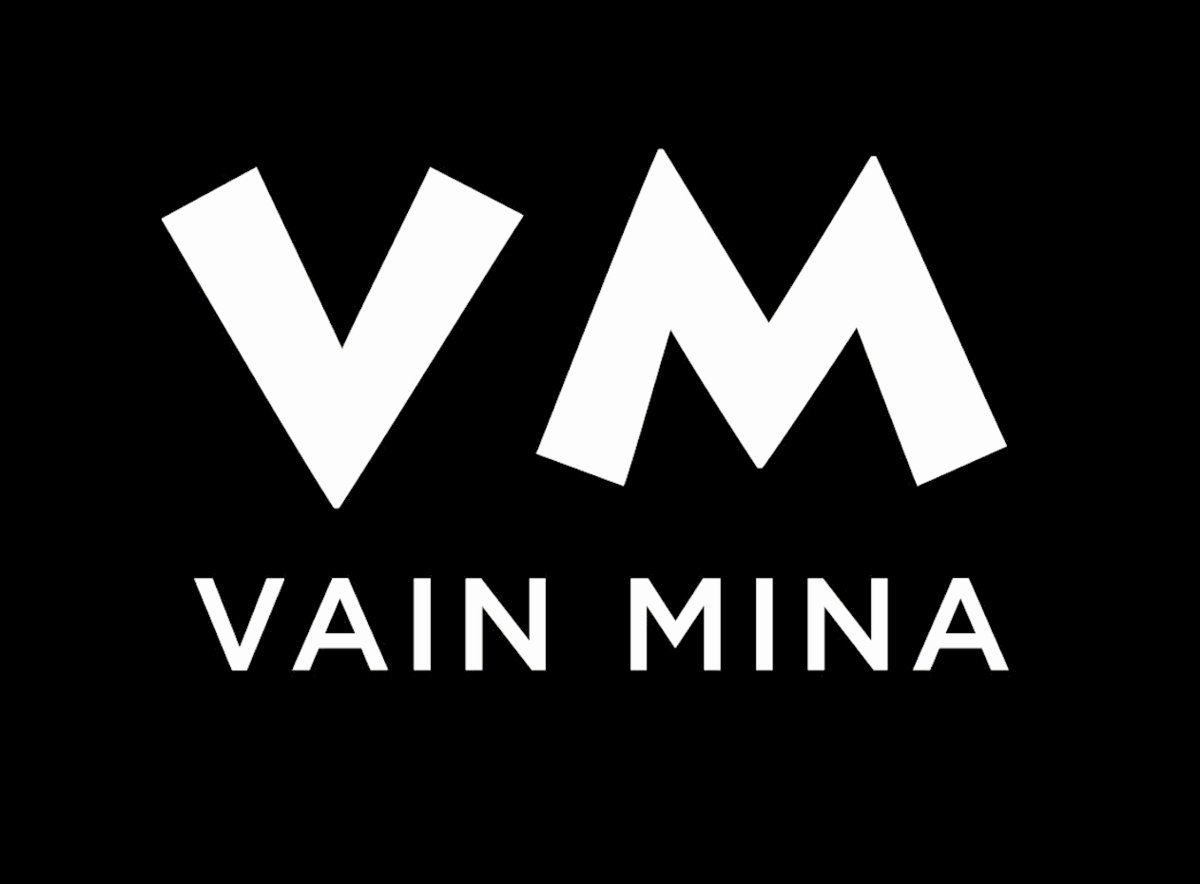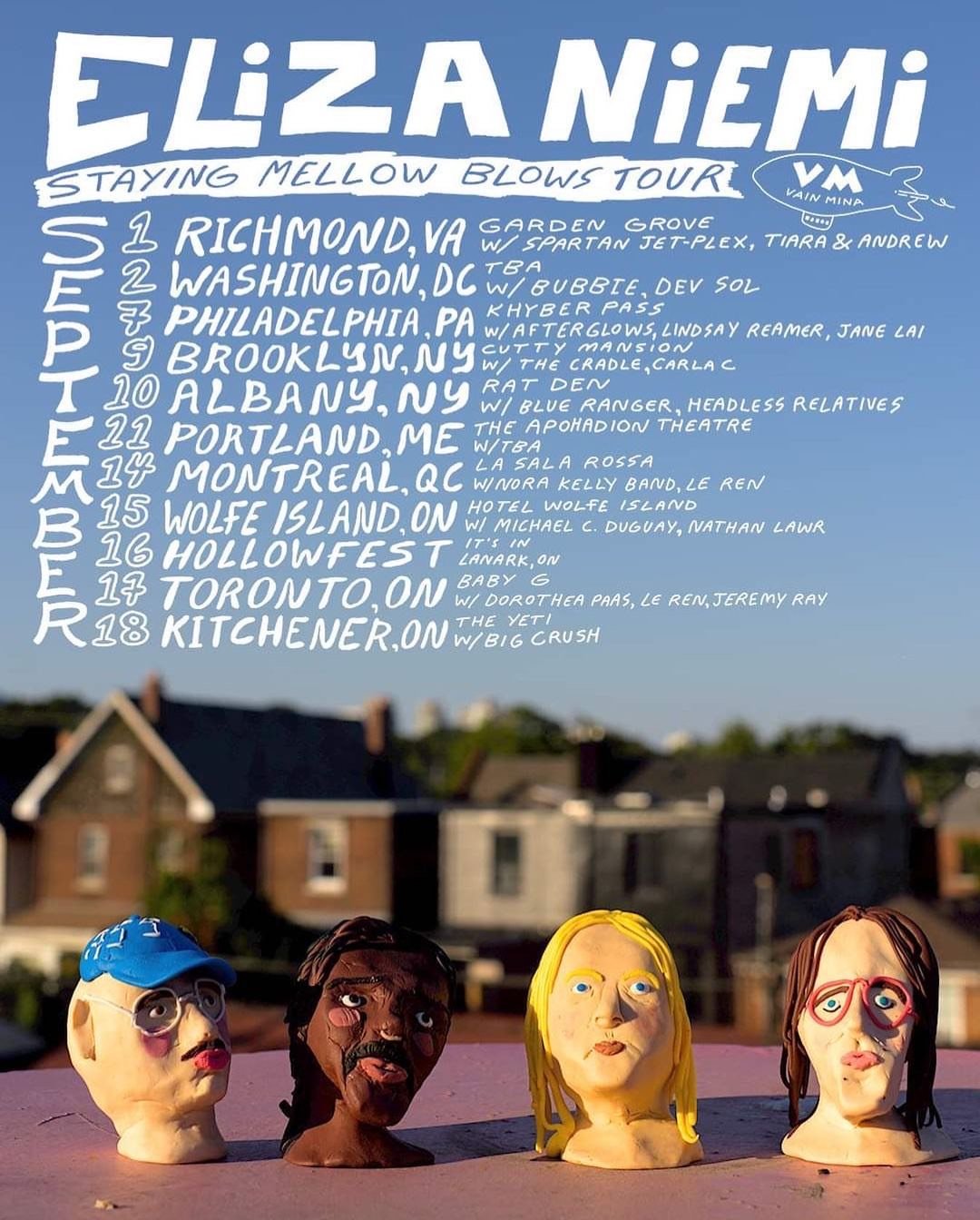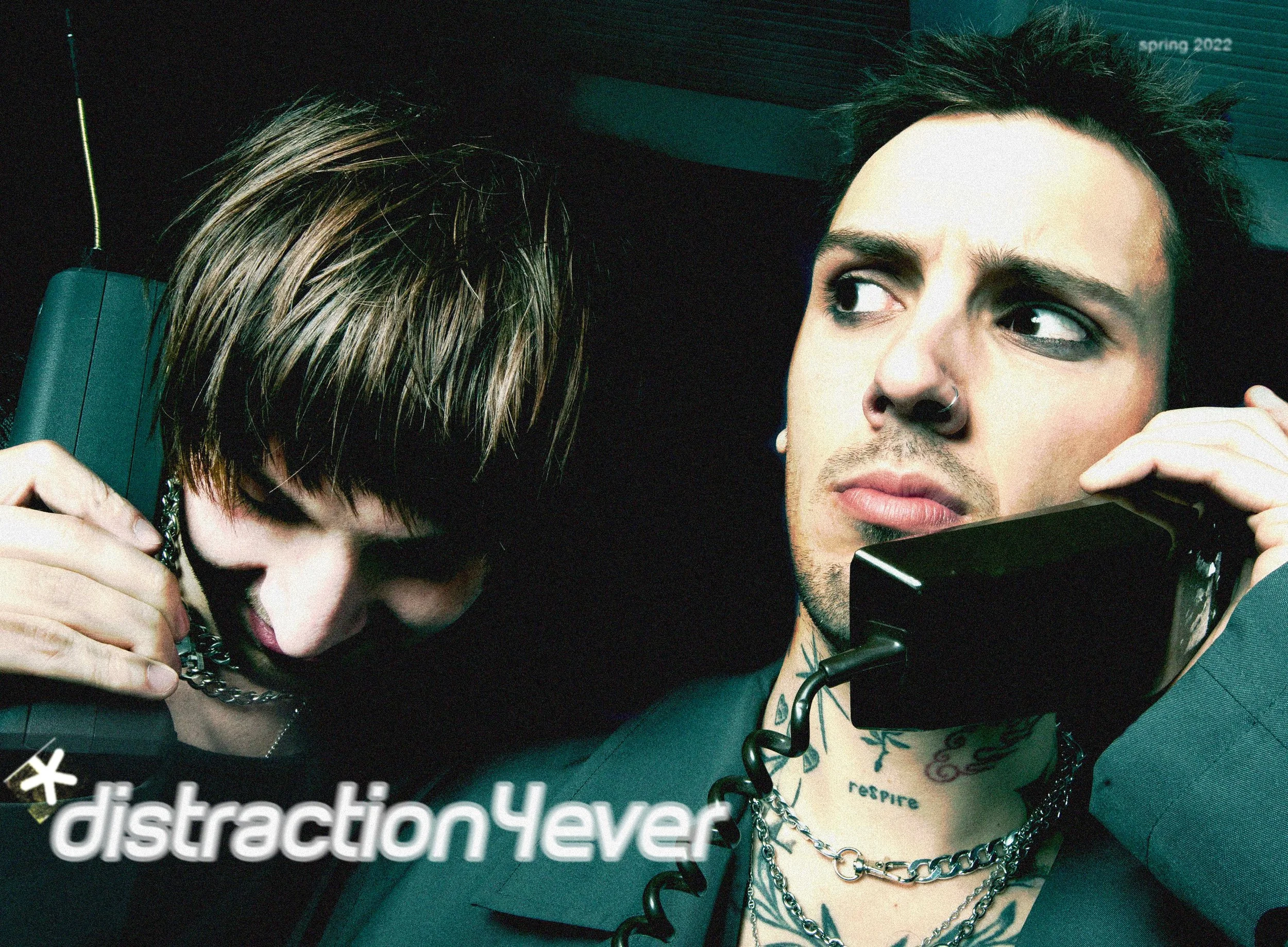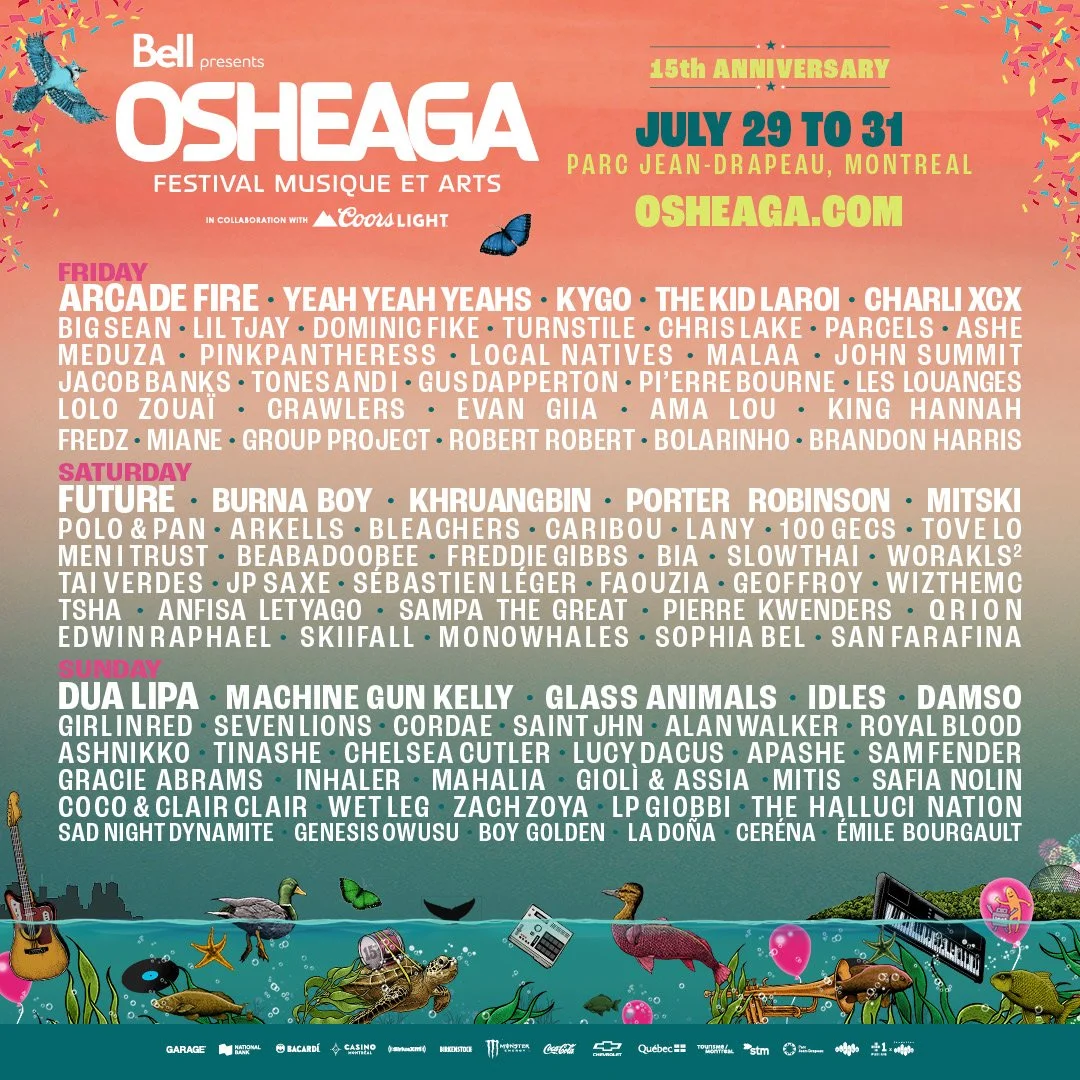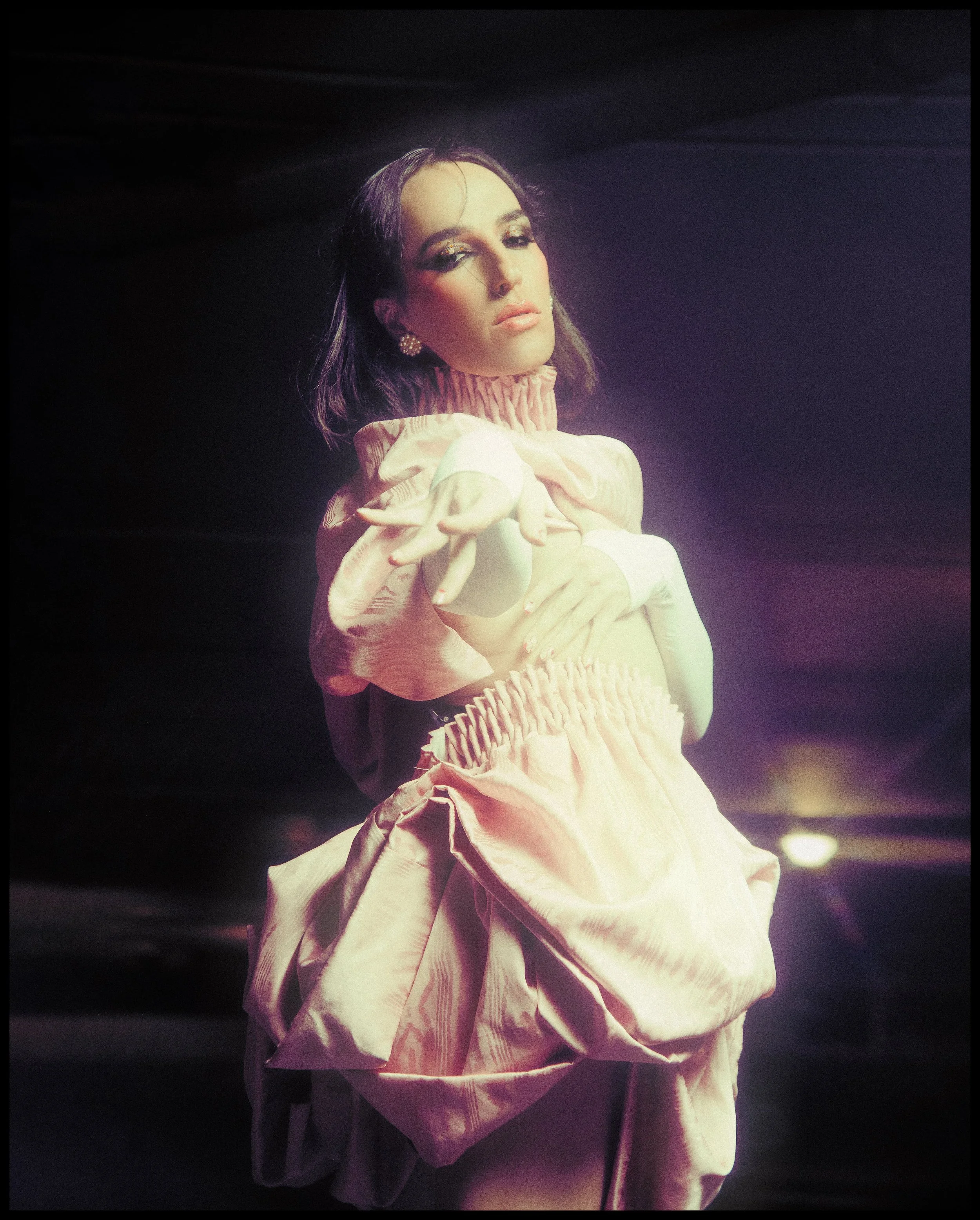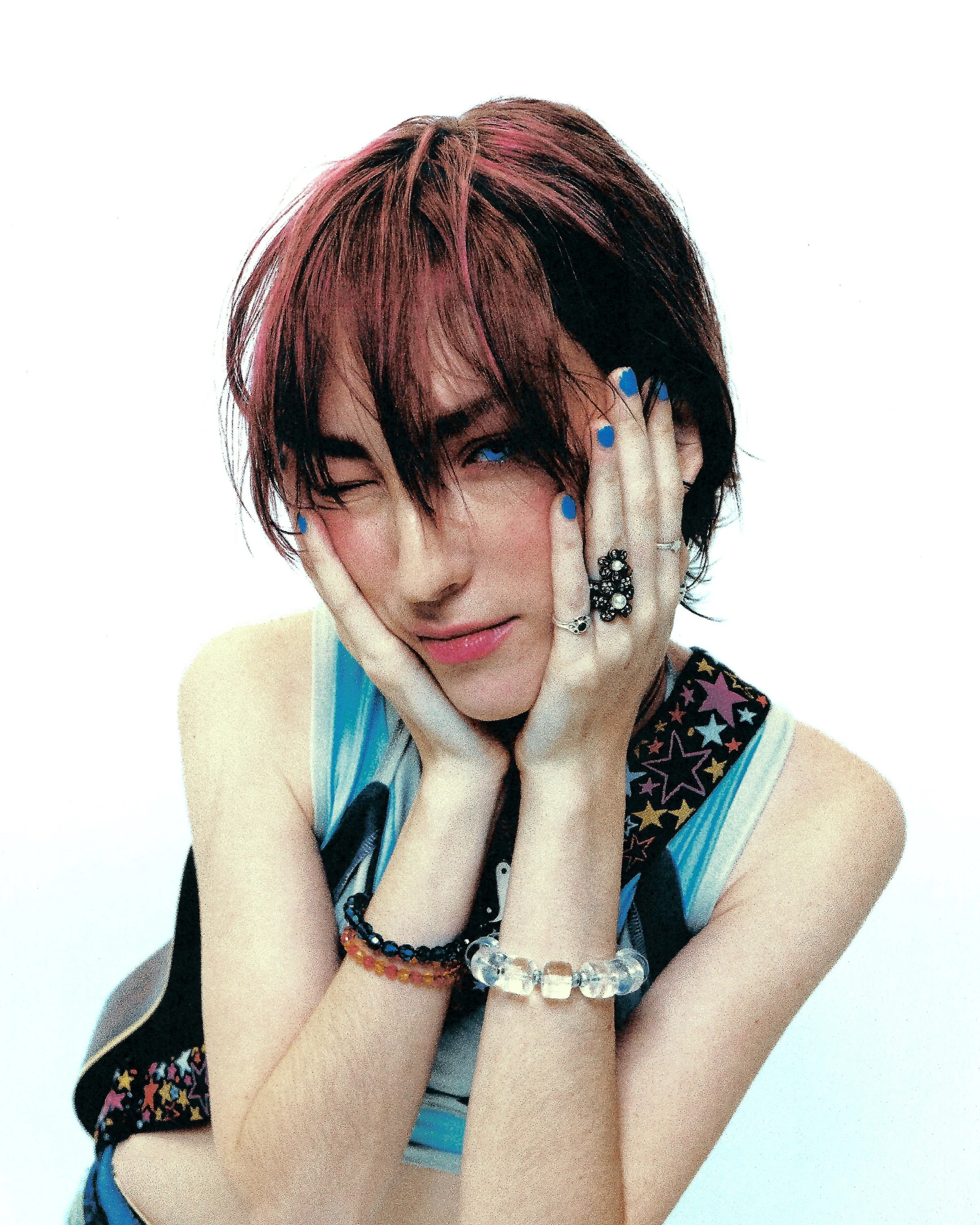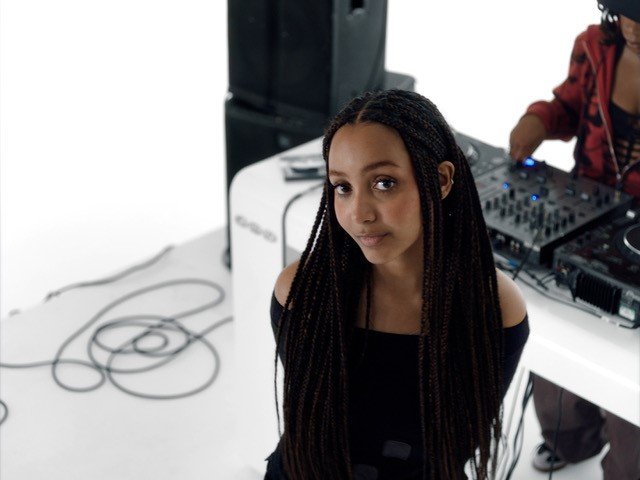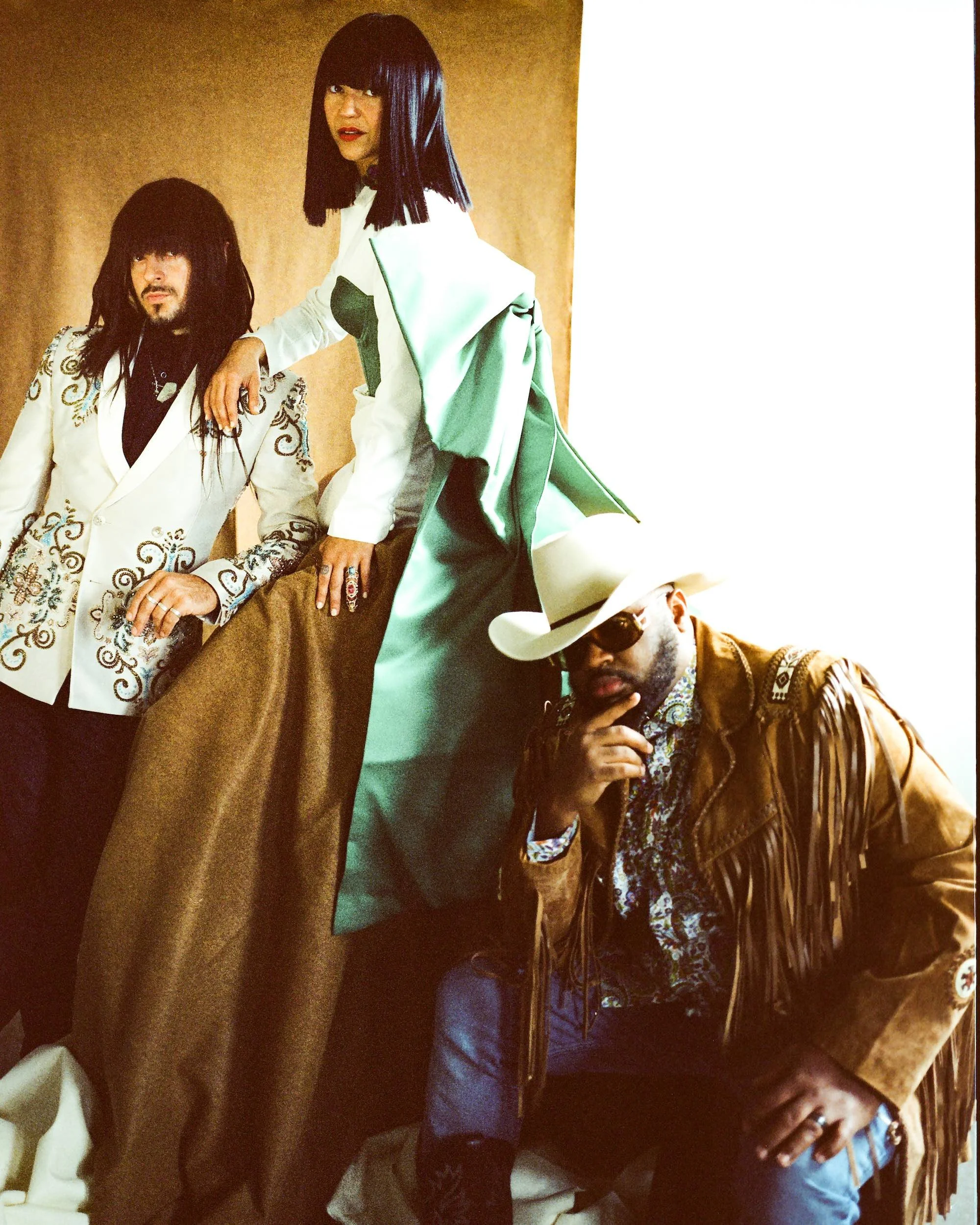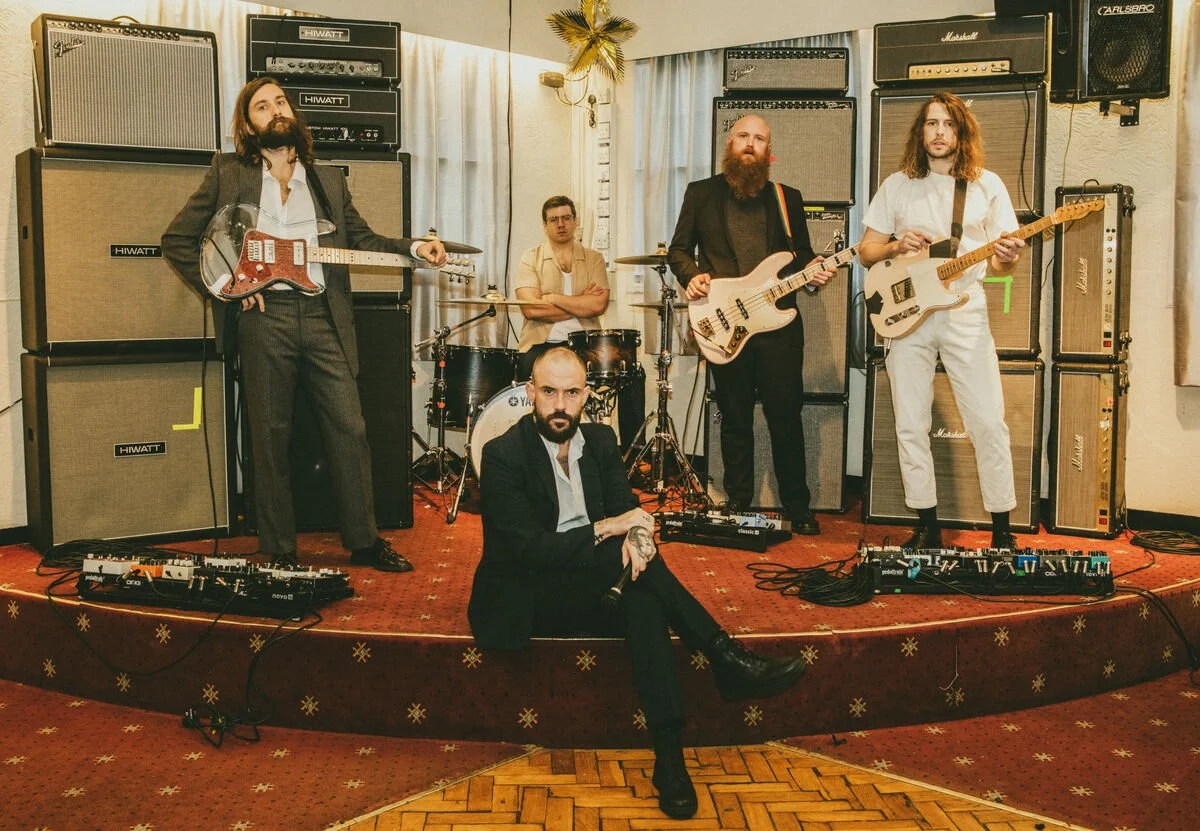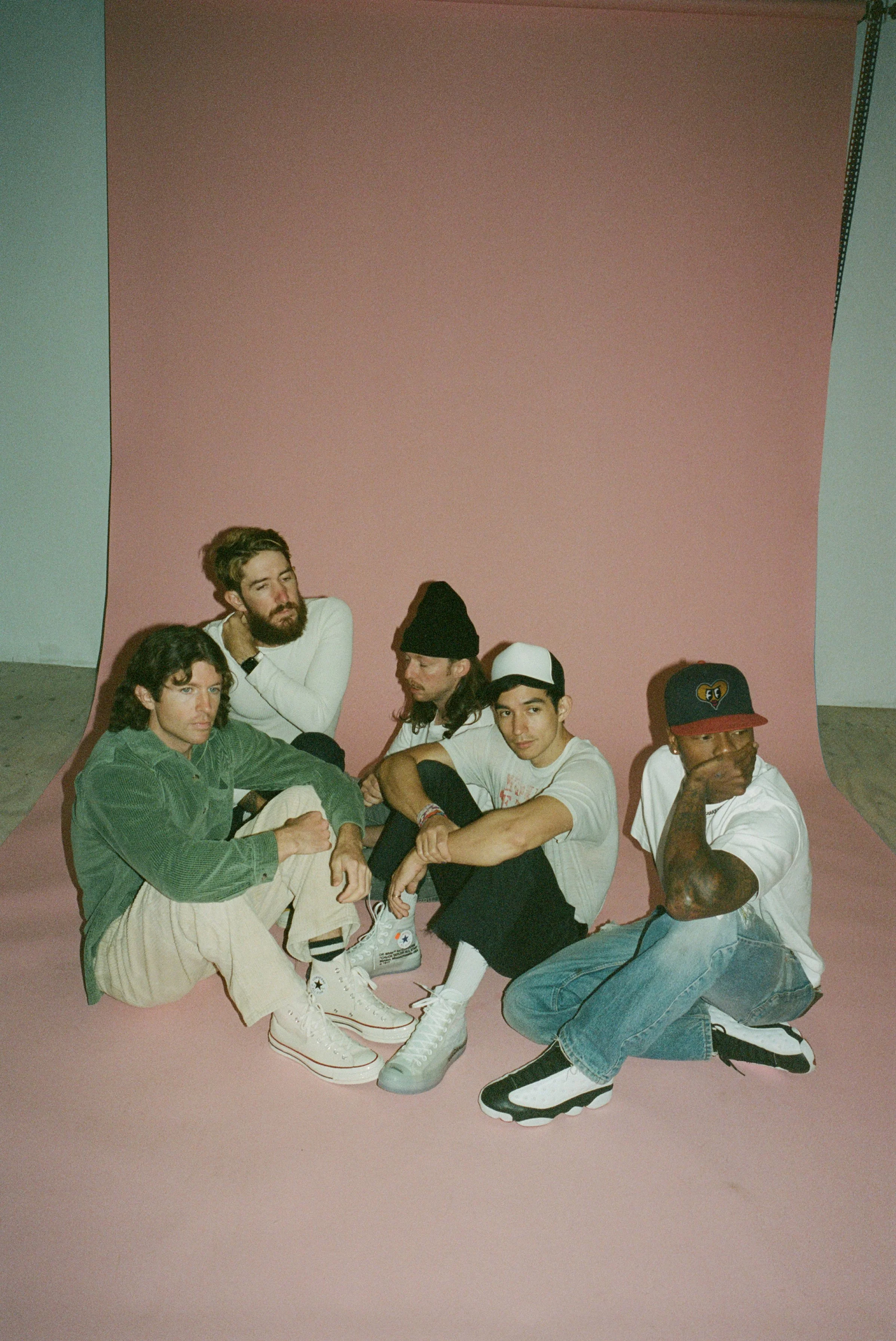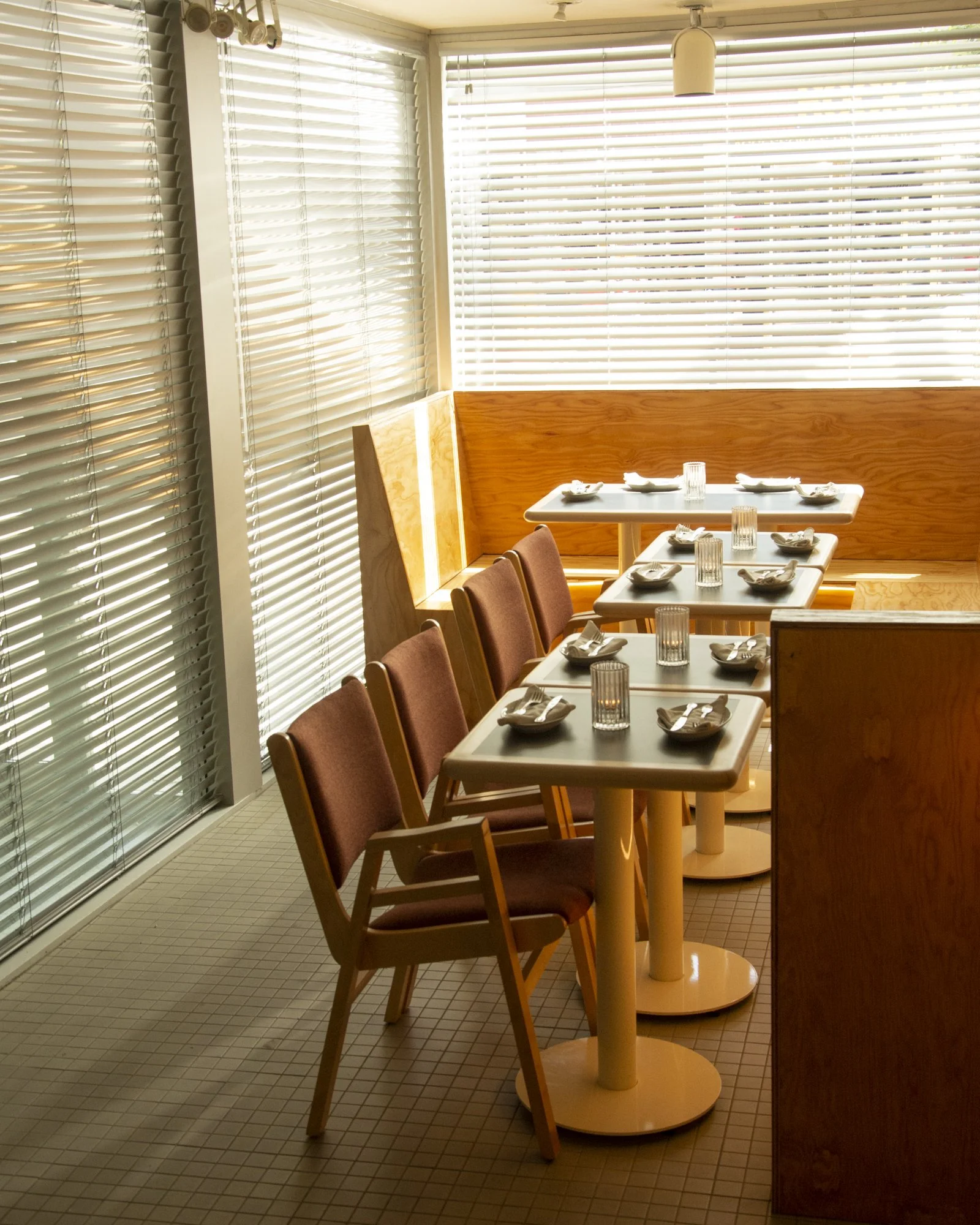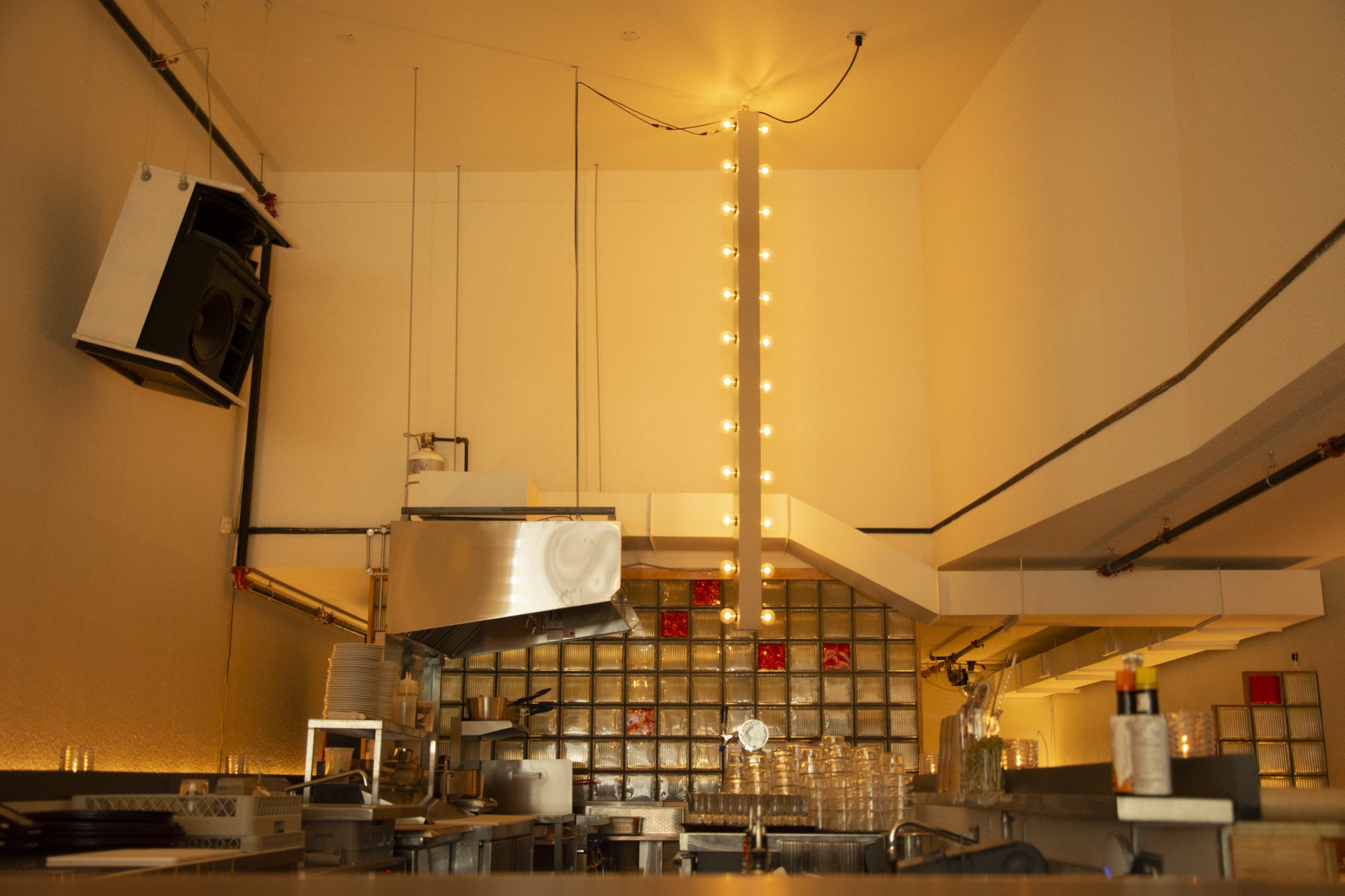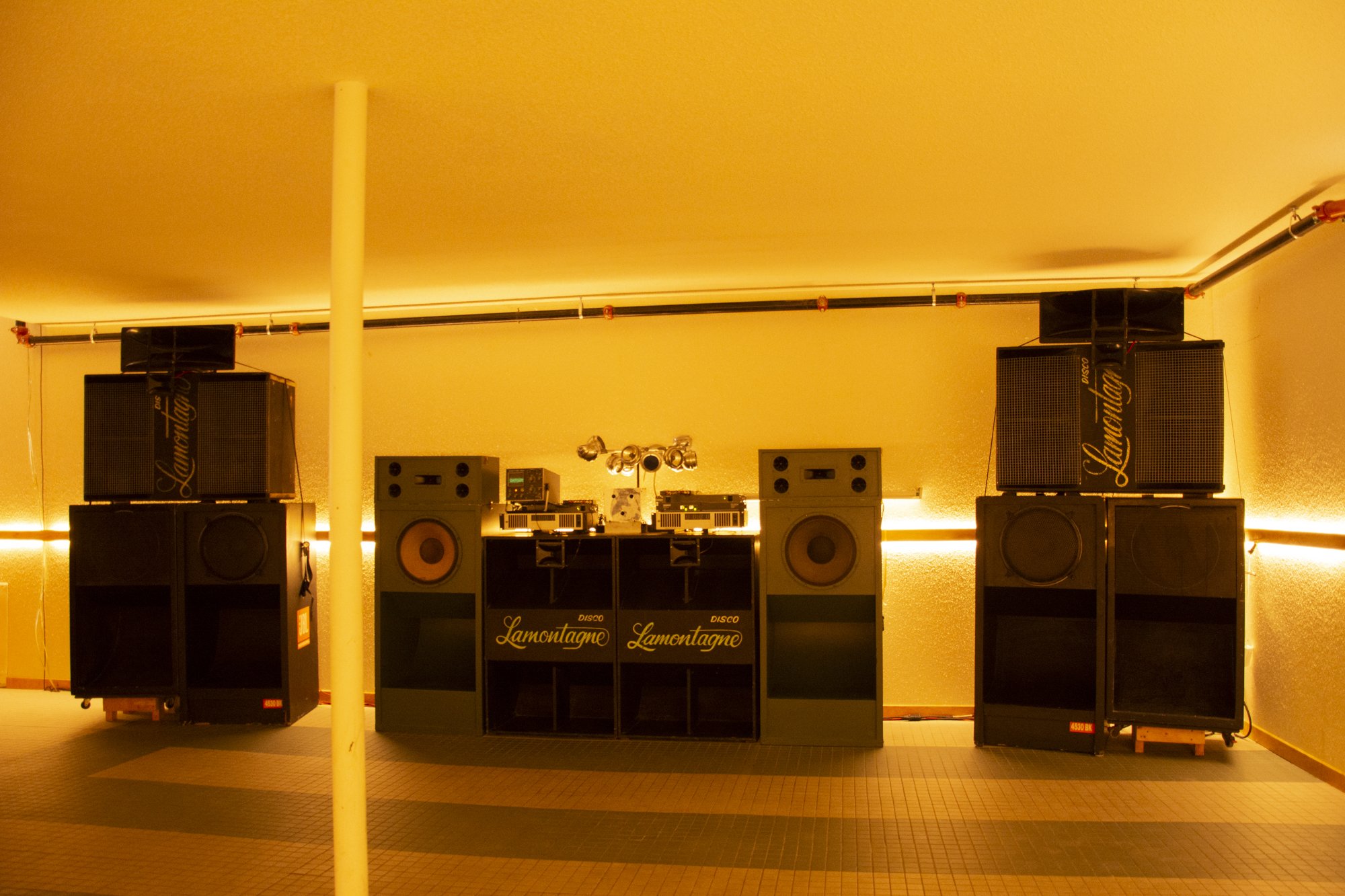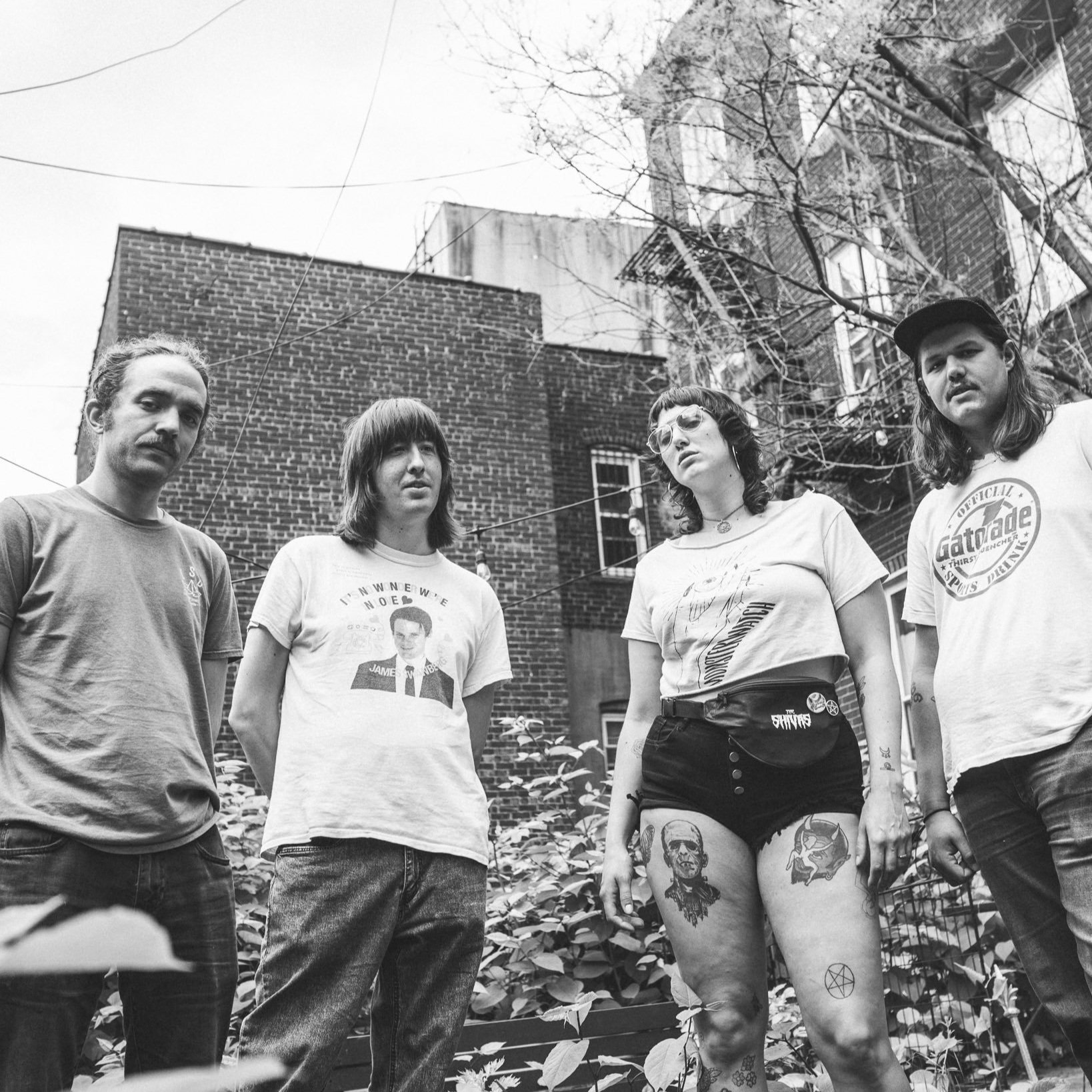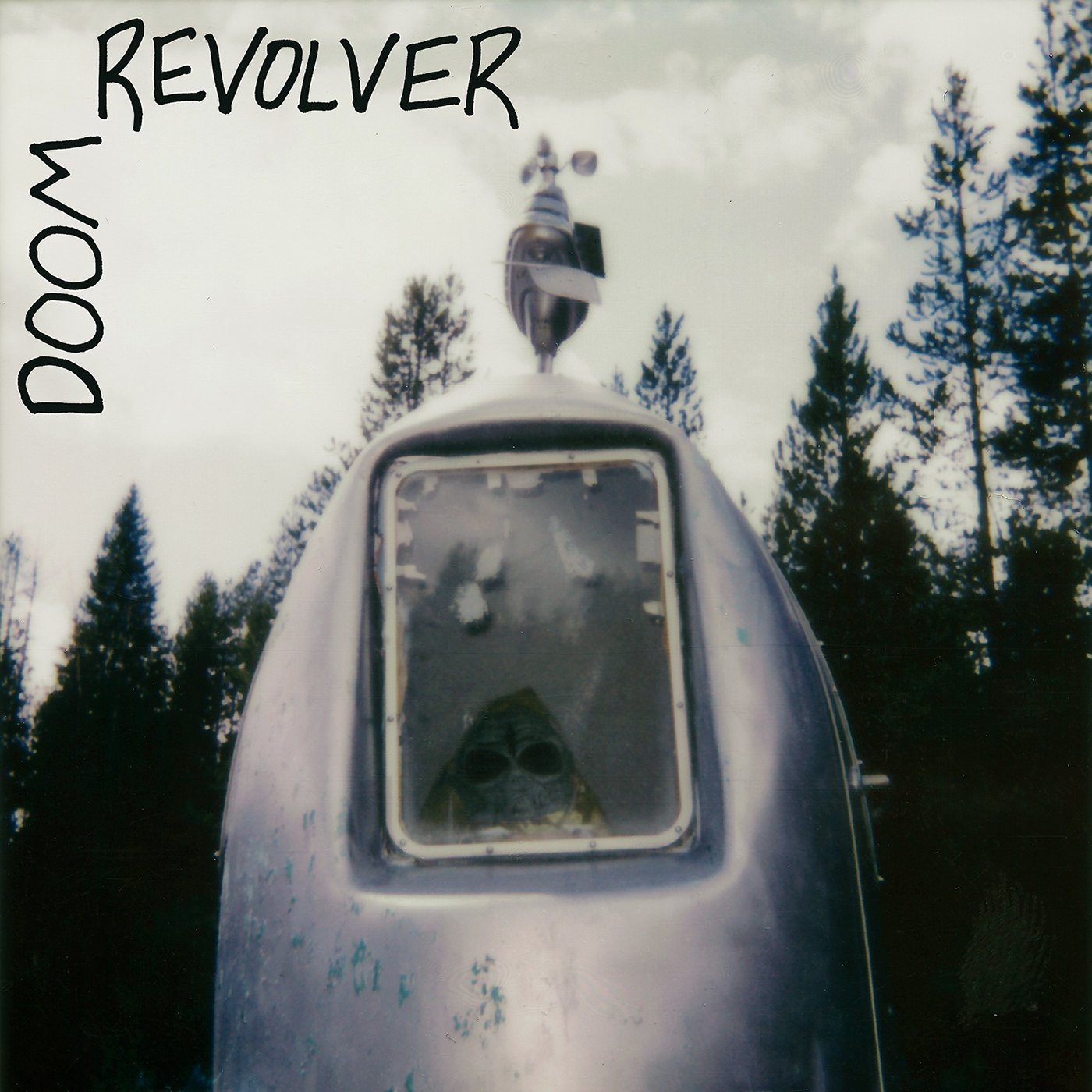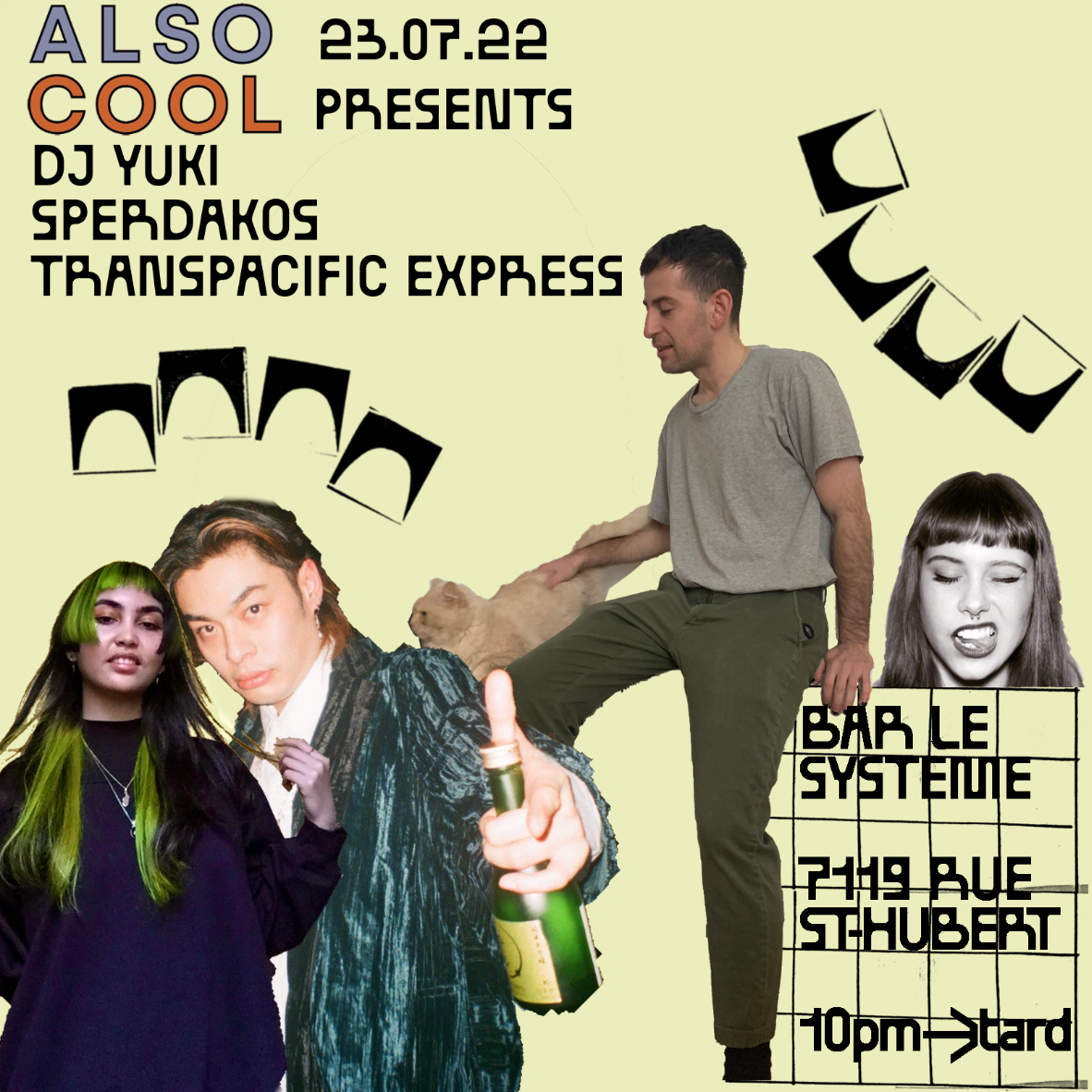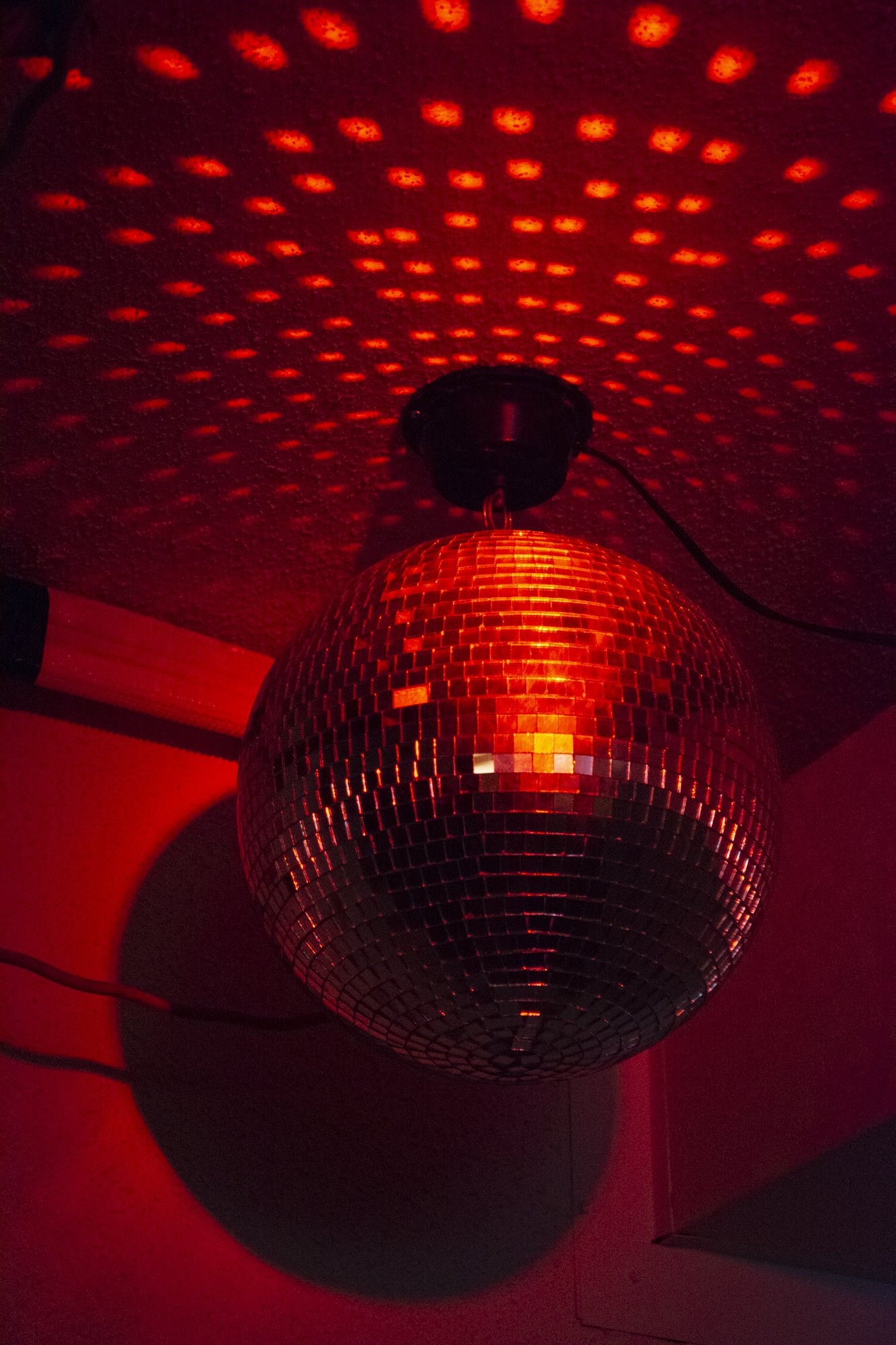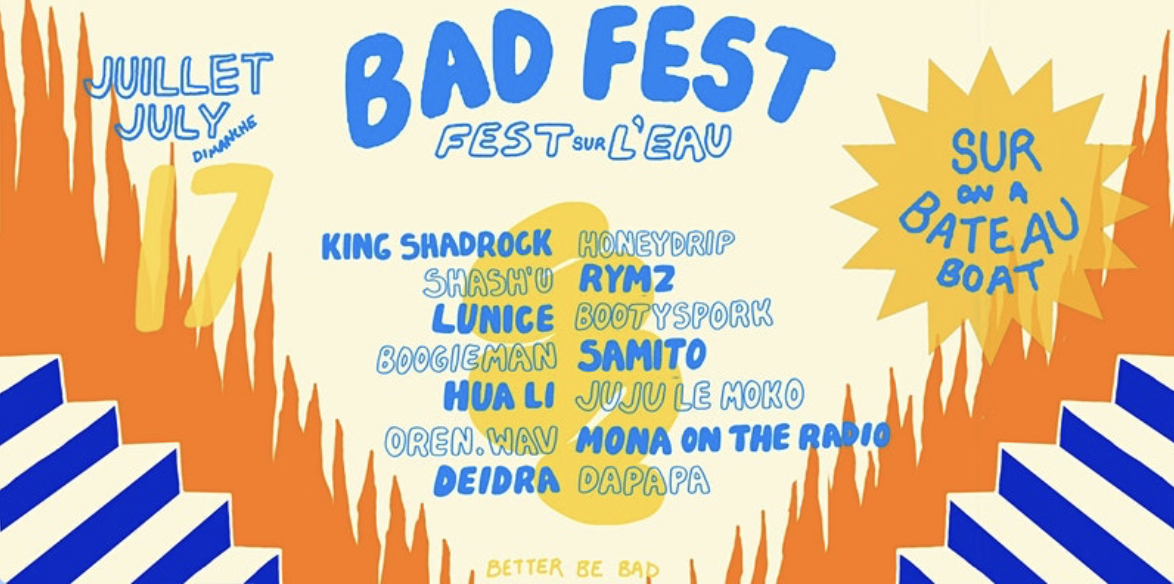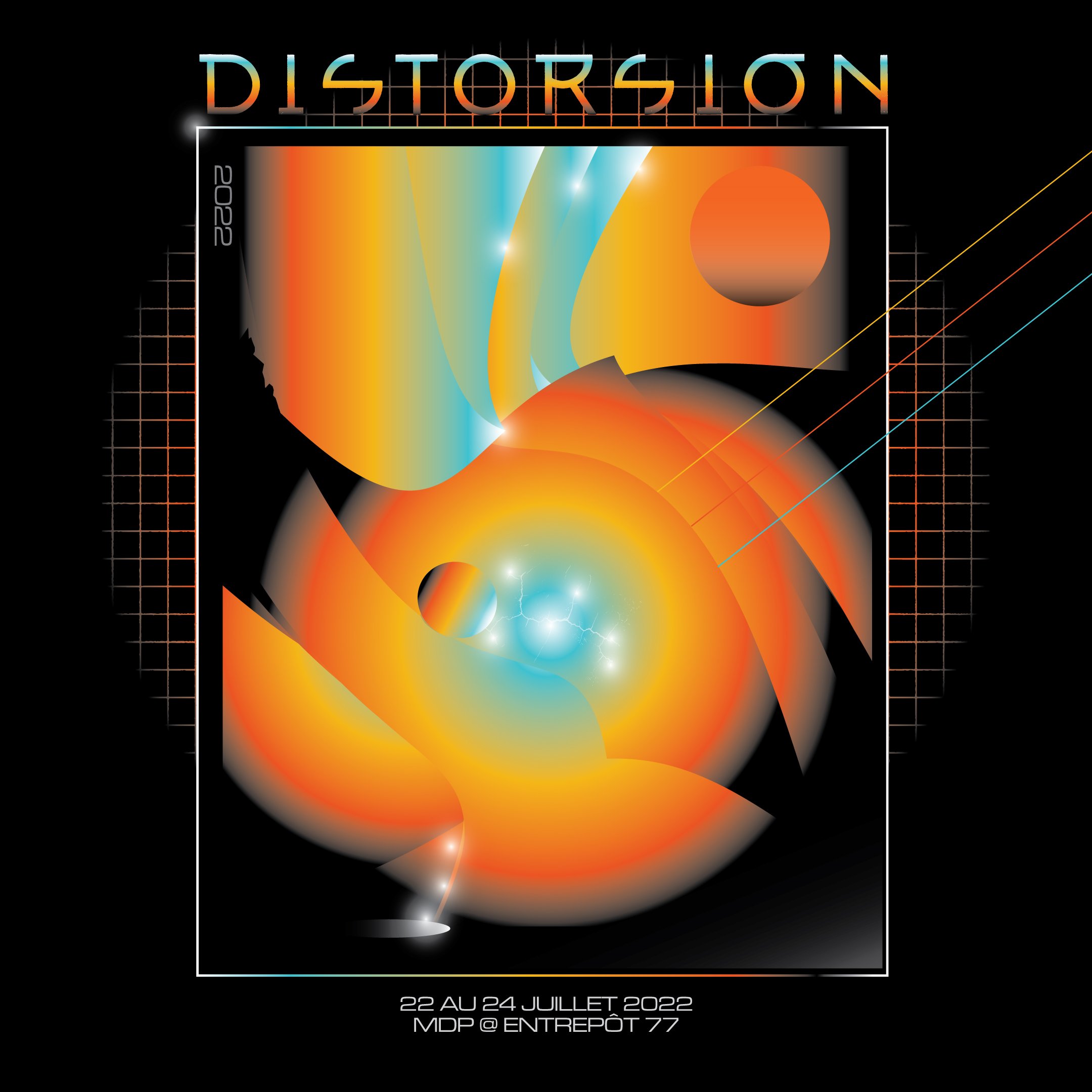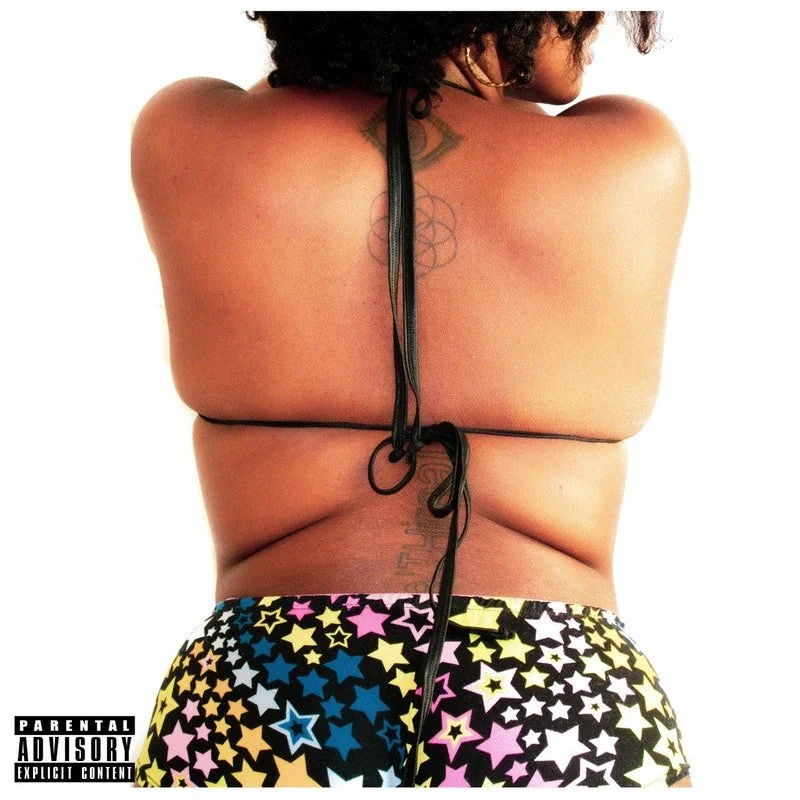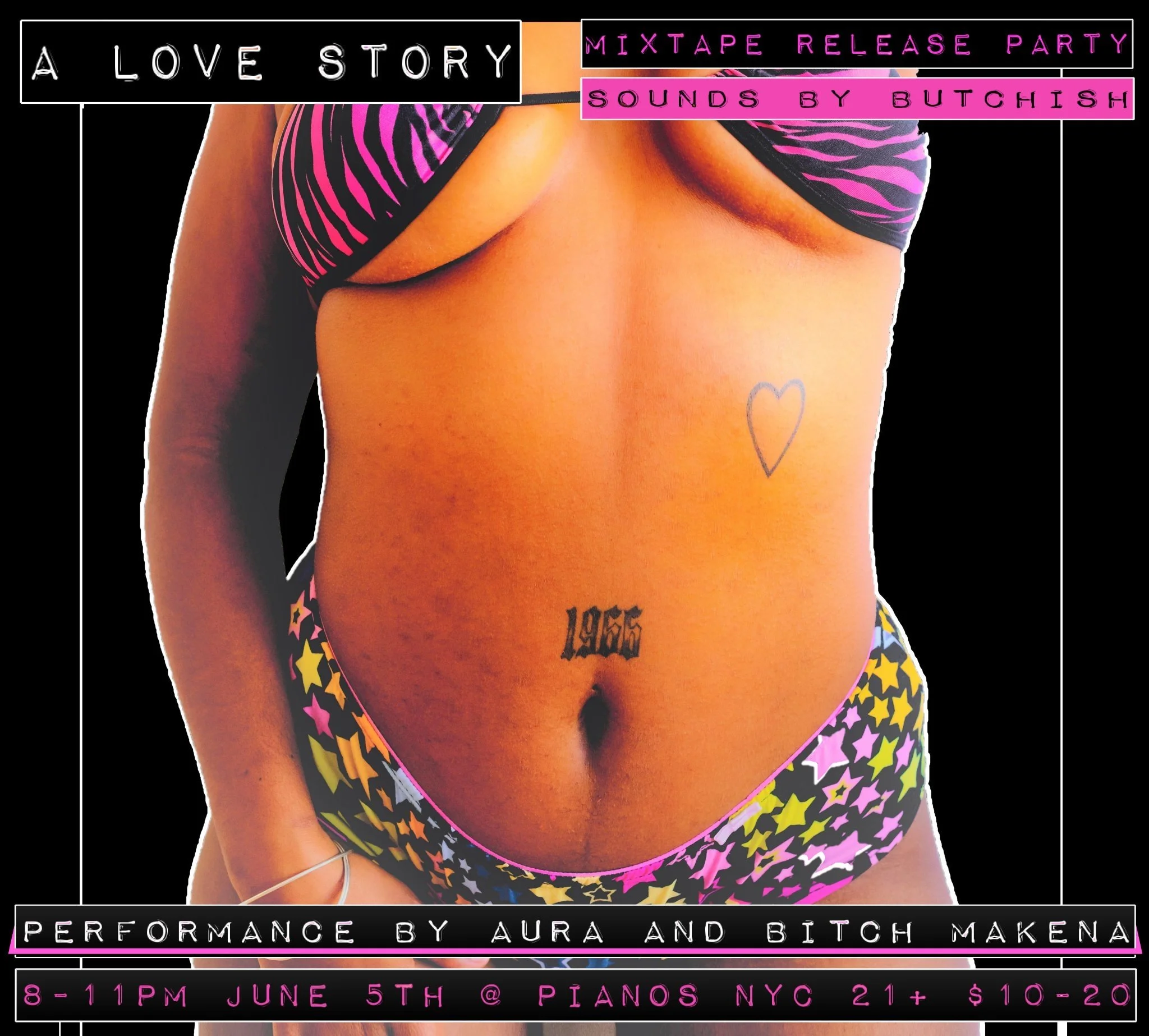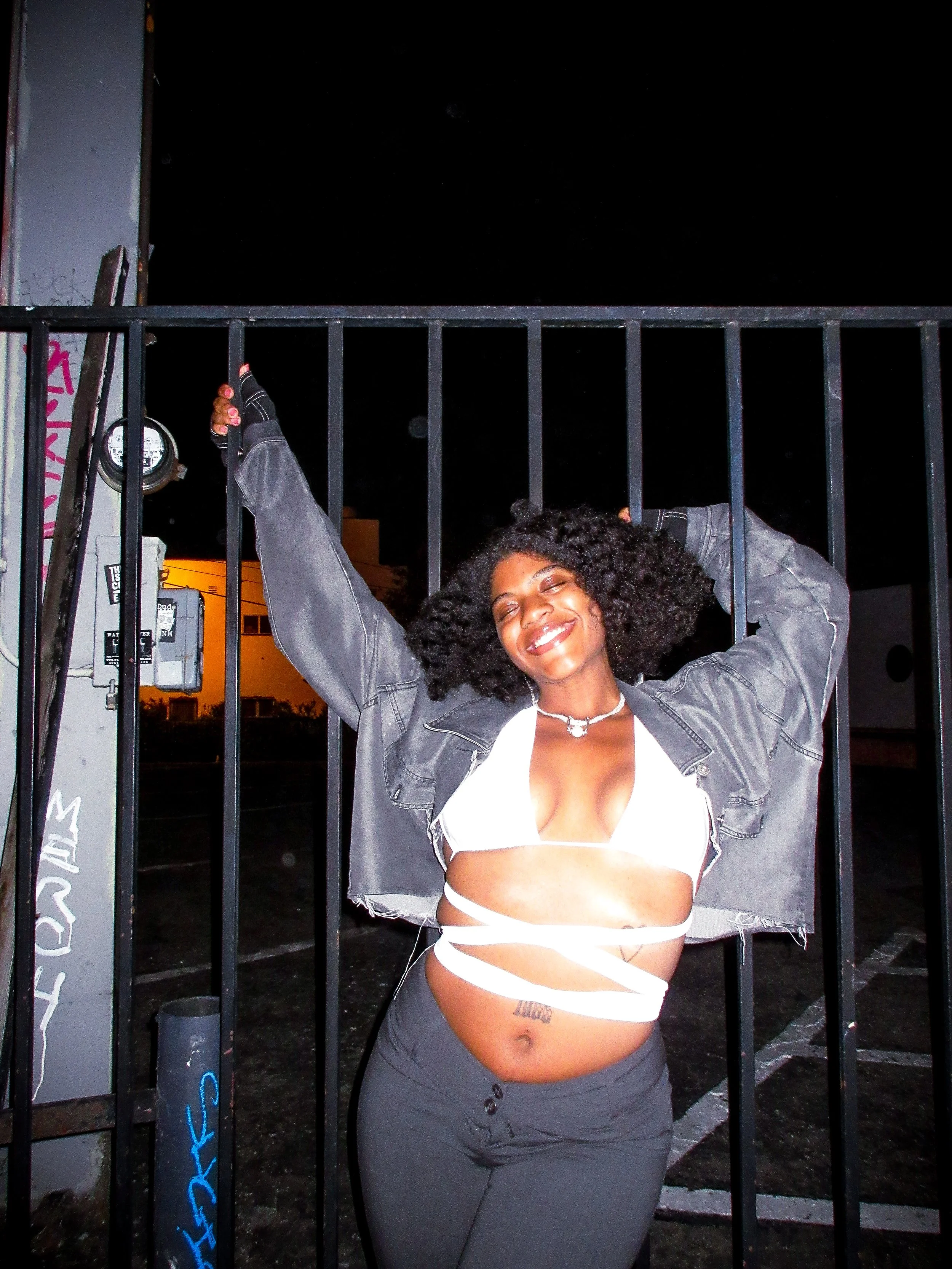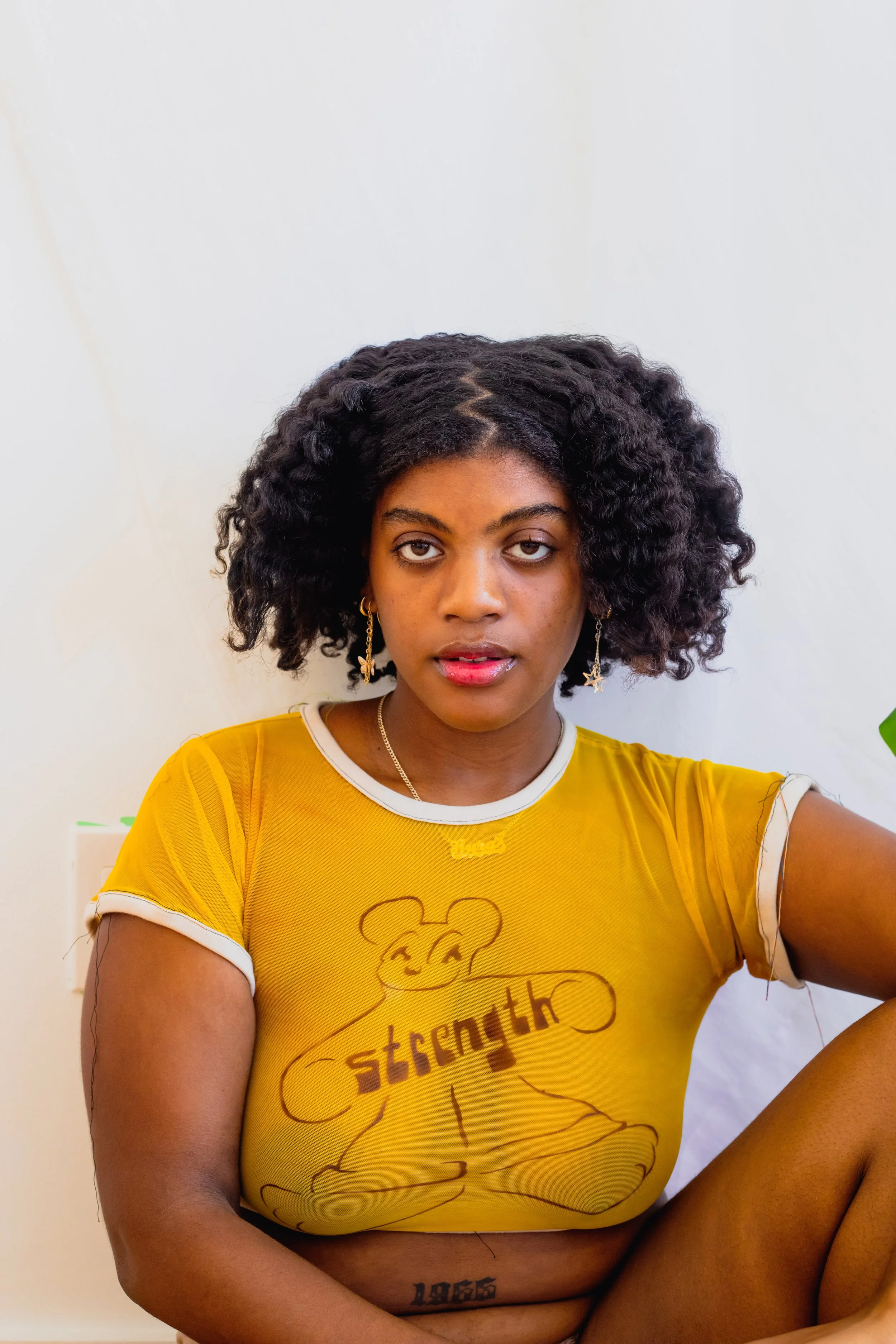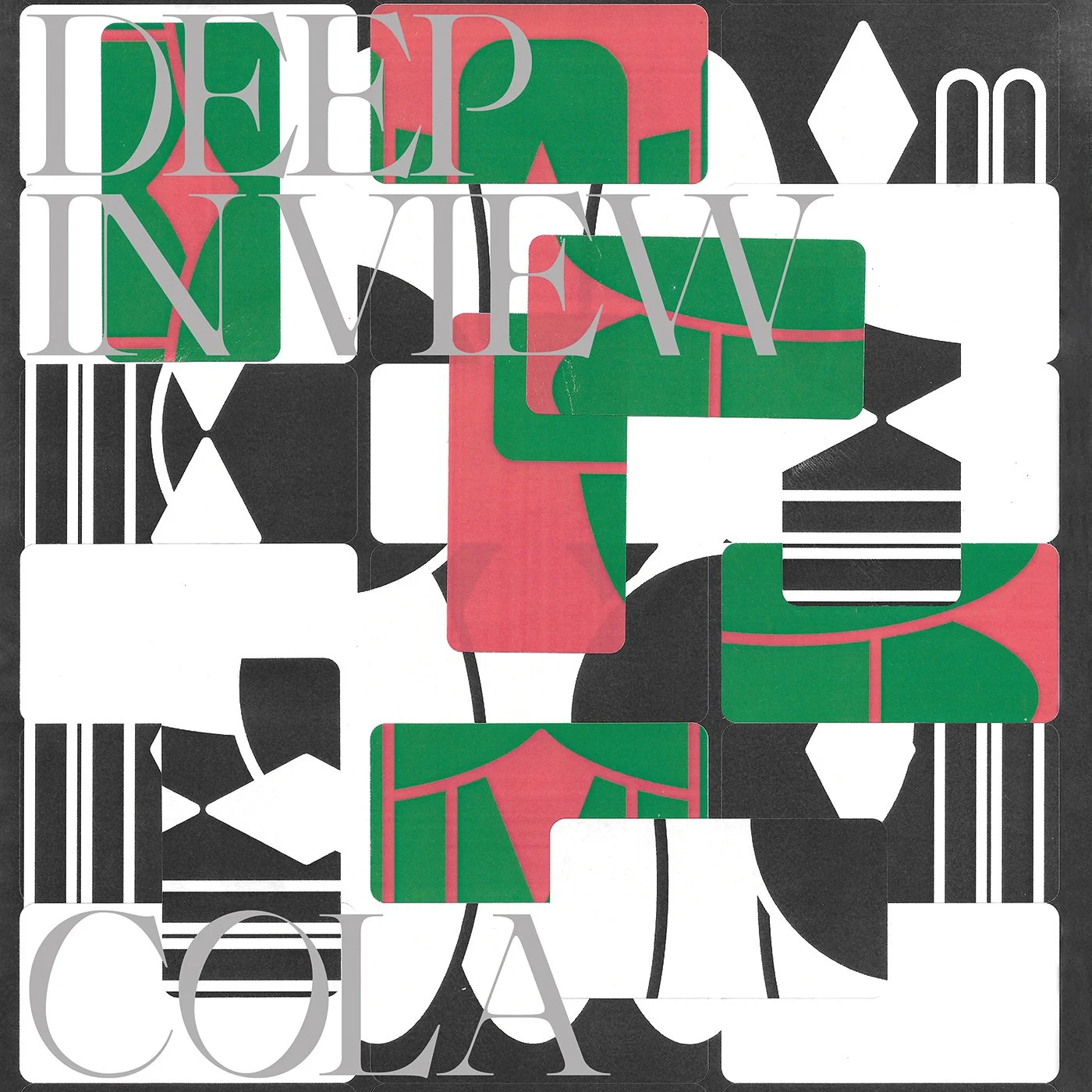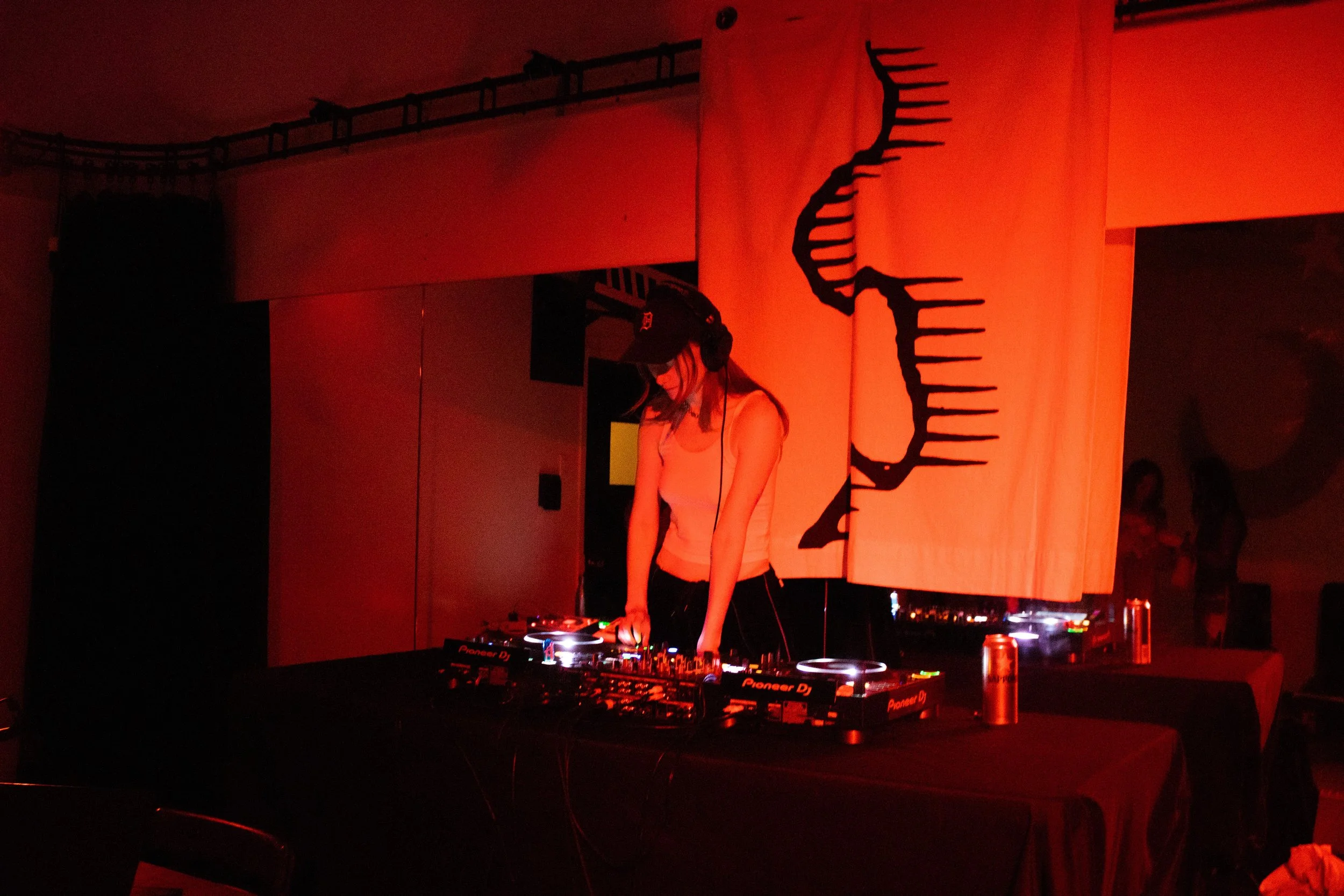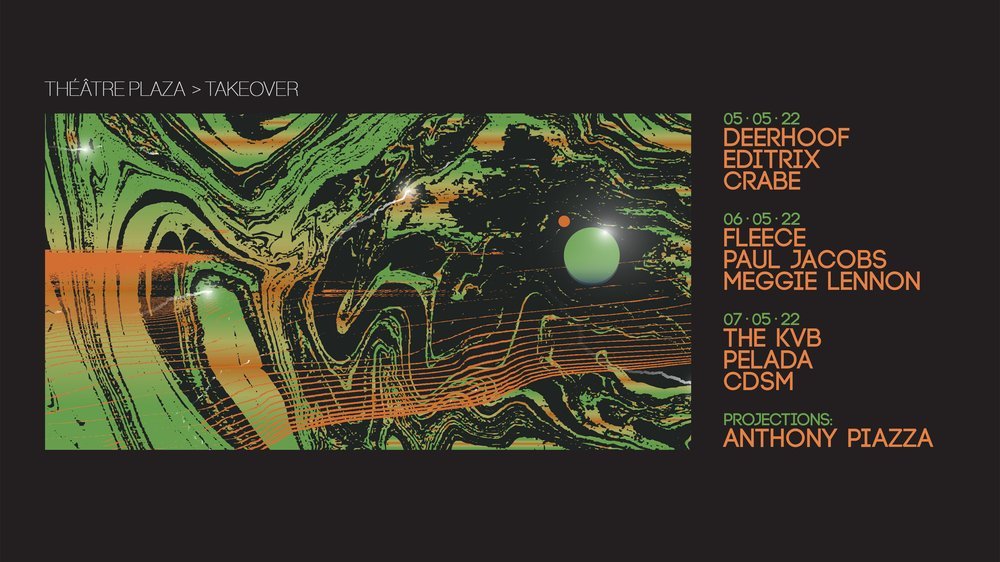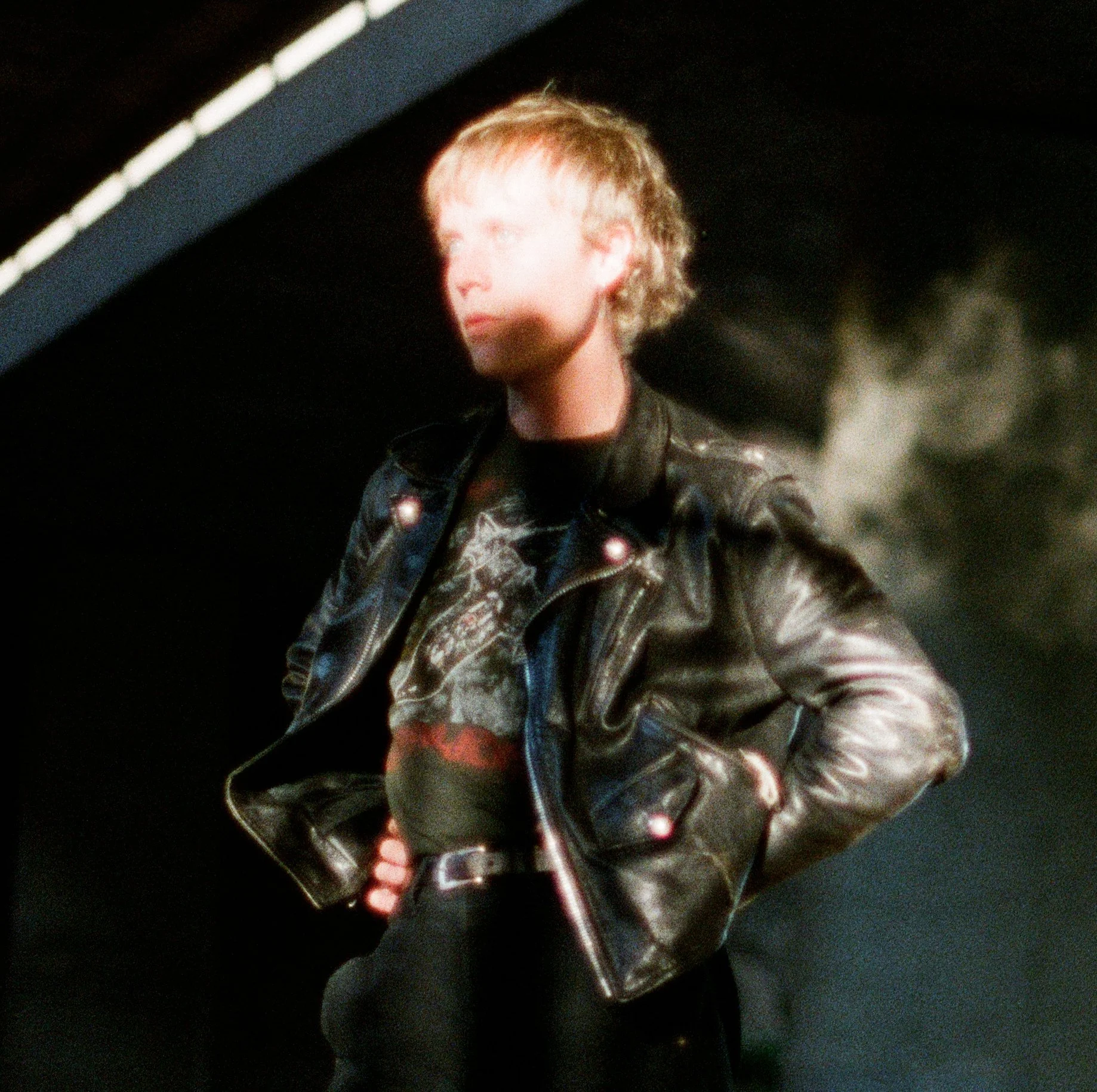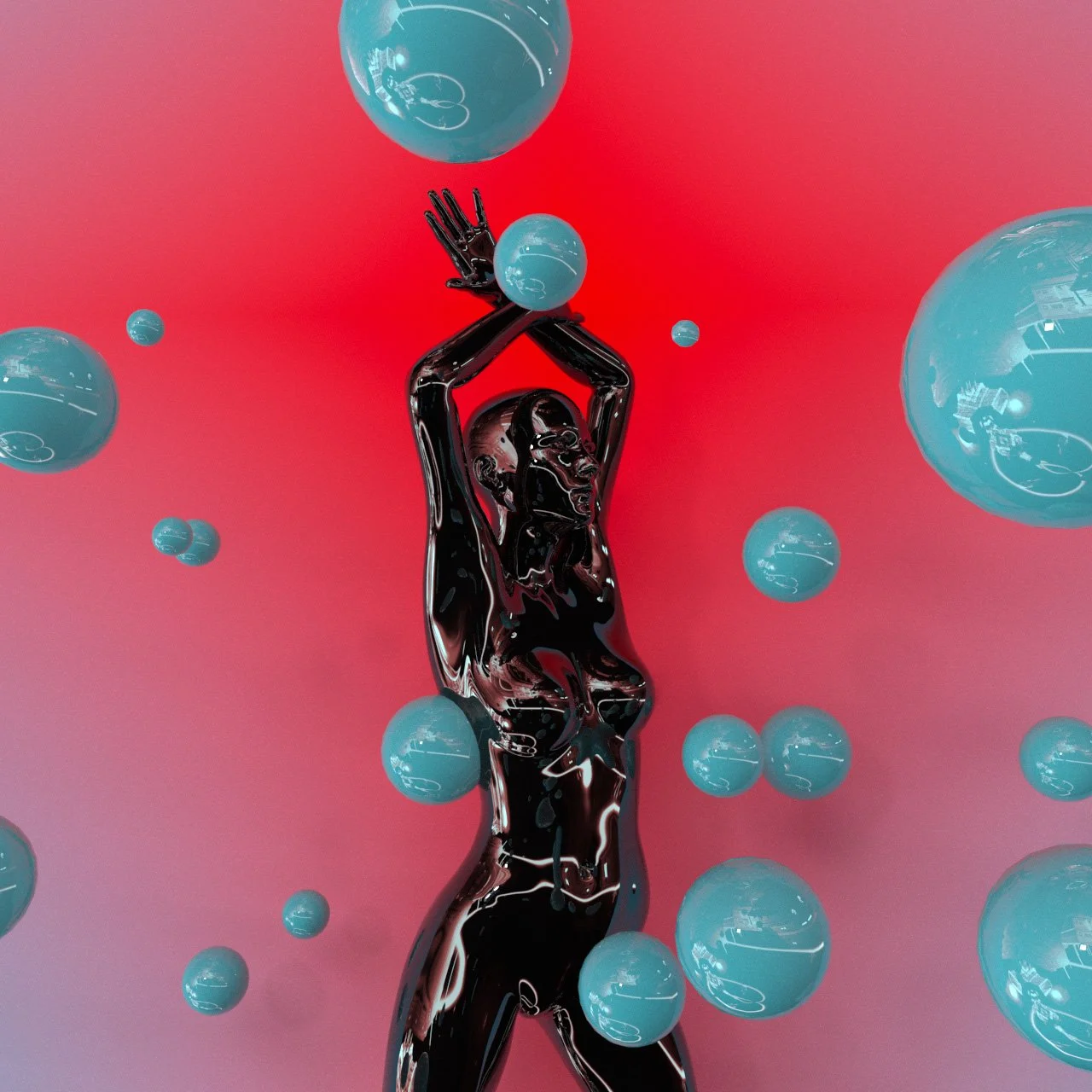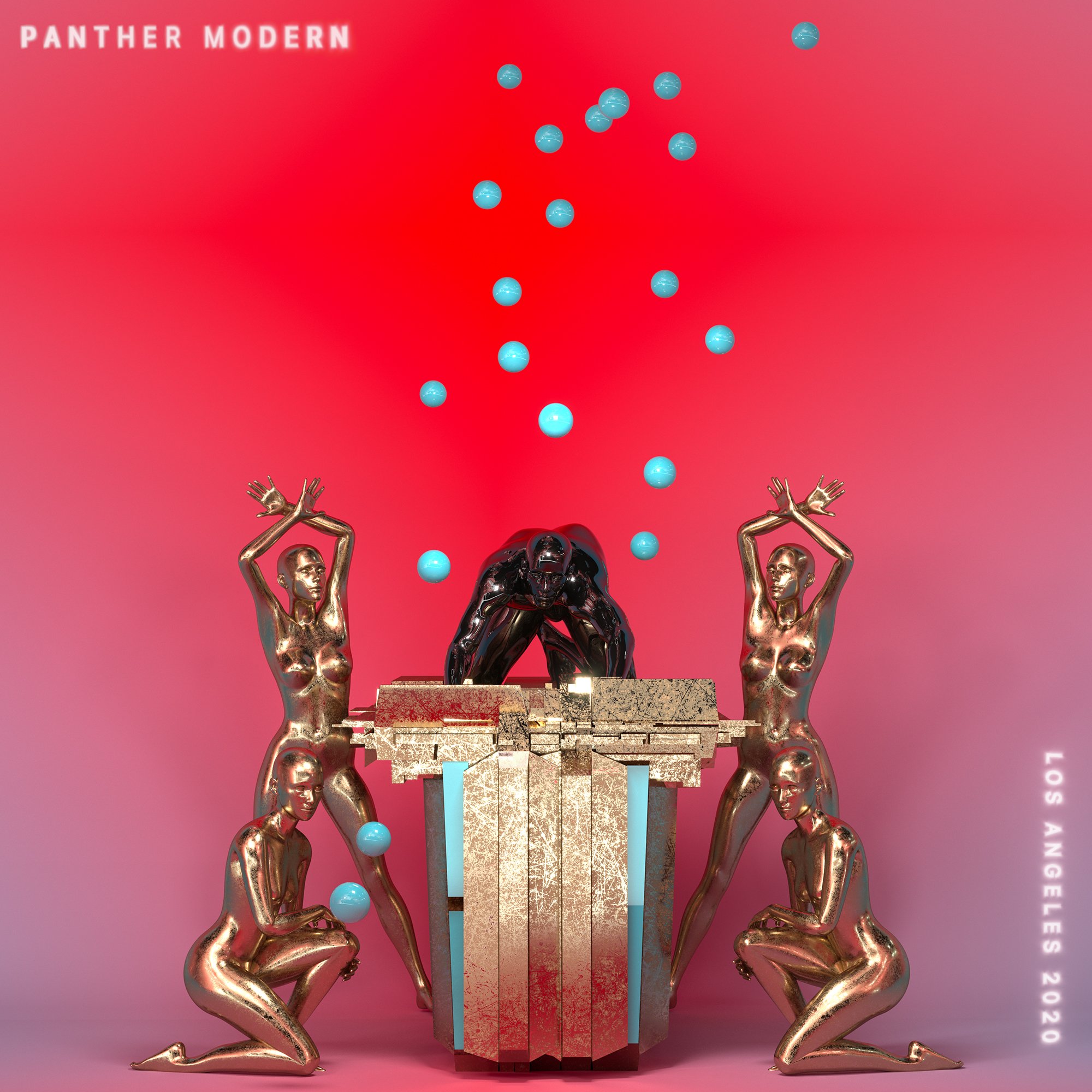Who is Interzone – What is Interzone?
With no fixed origin, Interzone emerged out of inspirations tracing back to the European industrial scene and Tunisian upbringings. I got the chance to speak with Ghazi Bena, one of the co-creators of the collective, who described the collective – active since 2018 – as being a product of the kind of musical and artistic drives he and co-creator Habib Bardi experienced prior to their arrival in Montreal.
Interzone also grew out of a desire to break out of the increasingly commodified rave and electronic music scene of Europe, explained Ghazi. The European electronic scene had, at that point, reached a kind of "saturation," a nearly "unreachability in which you could no longer do anything innocent and pure," he said. "It was like a structure already made, too deep-seated, too commodified."
Upon arriving in Montreal, Ghazi and Habib grew to appreciate the "kinds of territories which weren't devoured by the 'business' side we now see in the scene."
Fluid, in movement, spontaneous, explosive, absolute chaos – Interzone seeks to embody a space in which artistic expression may emerge without being submitted to the rigidity of capitalism. The very structure – or perhaps, lack thereof – of the collective illustrates its philosophical underpinnings.
One of Interzone's significant motives is, as described by Ghazi, a kind of "effective urgency," an urgency to "organize, to create that kind of space, that space of existence." He wanted to clarify that this motive did not stem merely from the organizers. "The core of the artistic drive does not come from us; it comes from the artists' performances [who] are doing incredible things. It's the people who attend and who have a particular interest in music and performance in general…it is those who make art and music live."
The organizers were pleased with the event, agreeing that it was their most successful one. "The party was a great pleasure, [to get to] see this energy which emanates from the people and the artists…to see that people are still excited, still here."
Ghazi noted the fun they had organizing and experiencing the event, which is crucial to what they seek to create. Although they maintain some level of artistic exigency, they seek to minimize the 'seriousness' of their collective. "There is some form of seriousness to have, but at the same time…[we aim to] not transform the serious aspect into something hermeneutic and opaque which does not accept difference.
We had so much fun…it is something which makes us live, not materially speaking…but in an existential sense."
Playing with Interzone
I also spoke with Willliam Humphrey, who describes himself as "a filmmaker and an editor" who likes "helping out wherever needed."
William attended the event and has been involved with Interzone for several years. He described the fluid structure of Interzone: "There's this ability for everyone to take a small role or even just be present." For William, the event reinvigorated a sense of excitement regarding the artistic scene after two years of pandemic-ridden slumber.
With the impressive number of new collectives emerging into the scene, I asked William what he thought made Interzone unique. "I think what makes each one unique is their sensibility," he explained, "They're willing to take risks and incorporate local musicians with international musicians."
One example he cited was an event they organized in 2019 when they invited the England-based Giant Swan to play at a loft rave. William explained that the collective thought to themselves, "Giant Swan has never played in Montreal. Let's book them. Let's get them from the U.K. to Montreal and have them play a show with a ton of great local acts."
"It's not an easy one to do," he continued. "Financially, it's hell. But it's the exhibitions and events that they host that are so worth it."
William is equally excited for what's to come – parties, shows, and events all summer in the hot Montreal weather. As these things come back to life, I wanted to know what William would like to see change or happen in the electronic scene. "More windows [and] air circulation," he noted. "But I think more than anything, utilizing the outdoors as a space to hold events, whether it be on the mountain or in the bushes or maybe off the islands."
